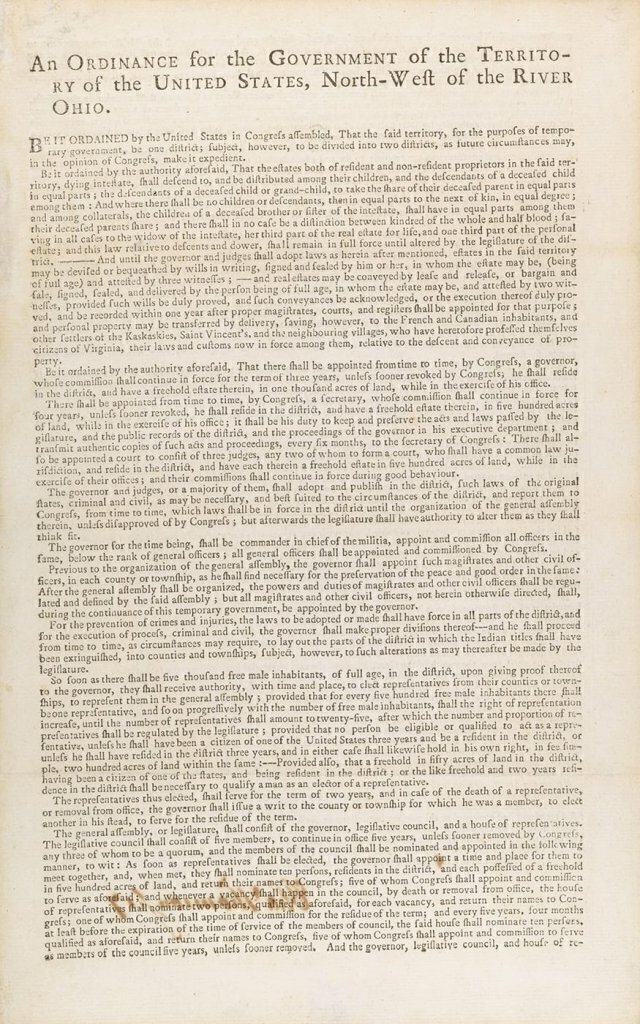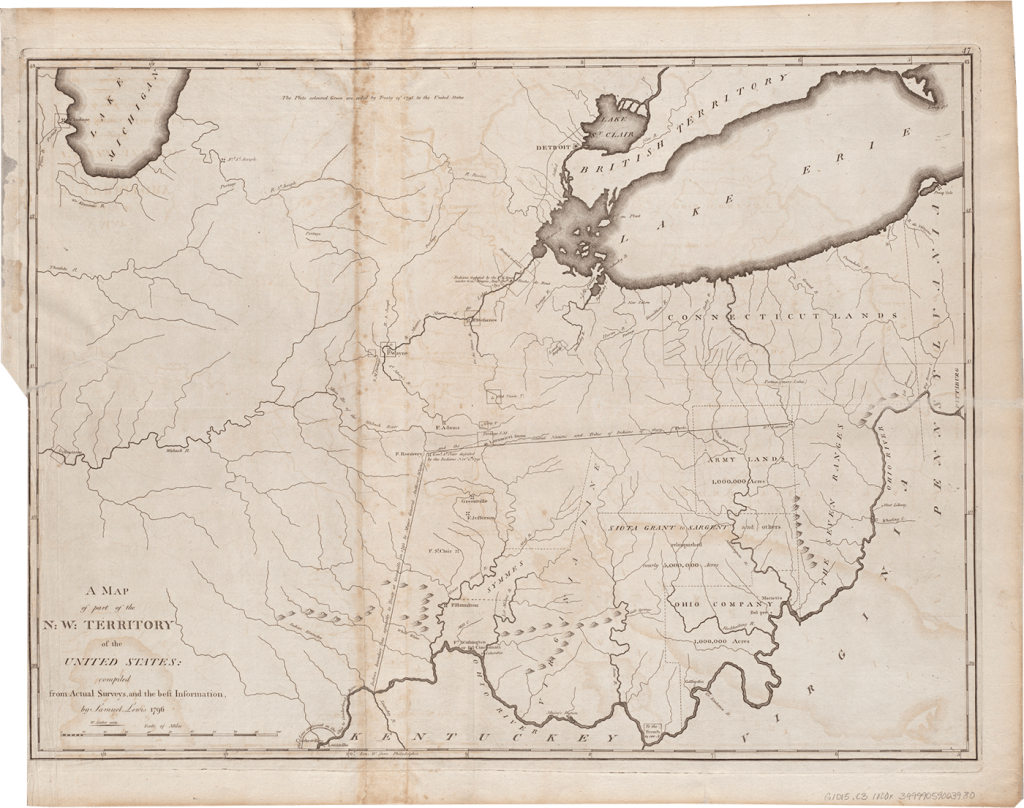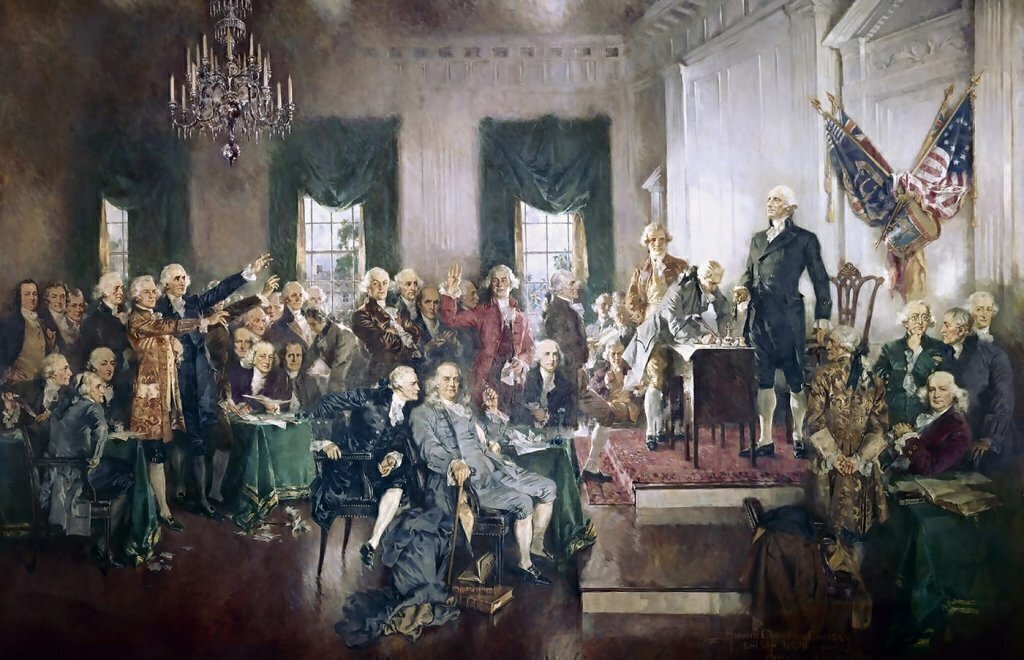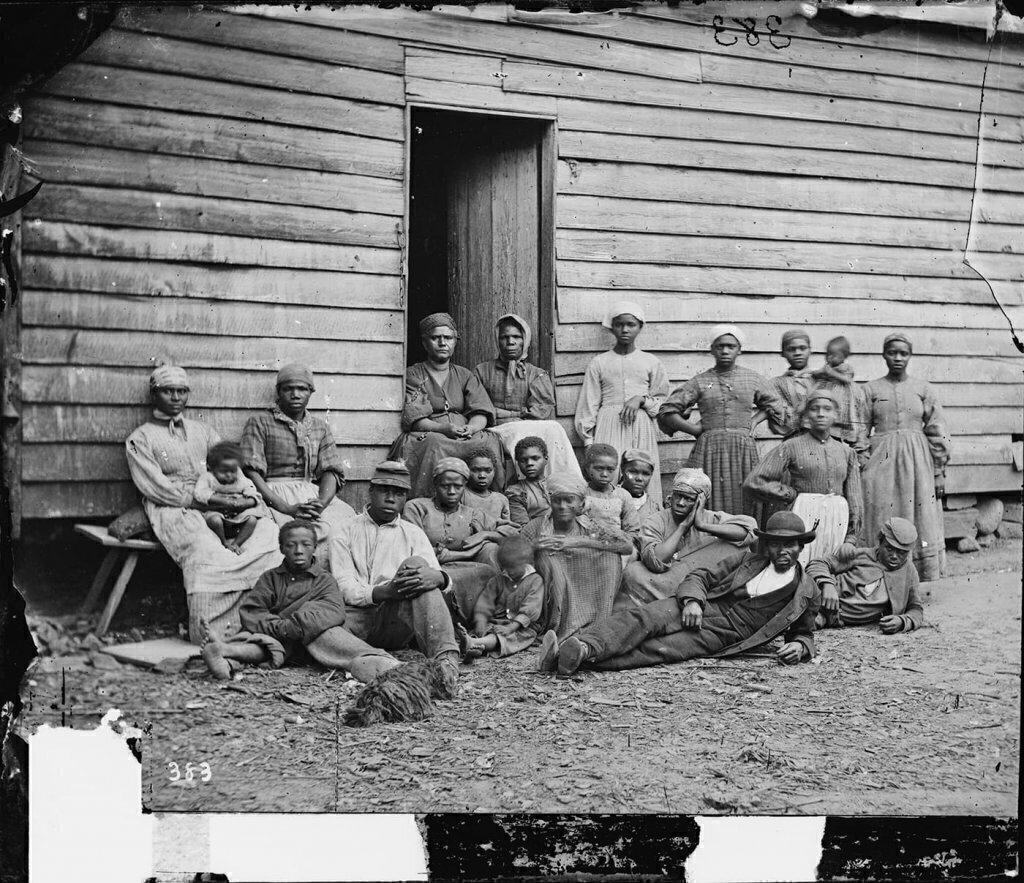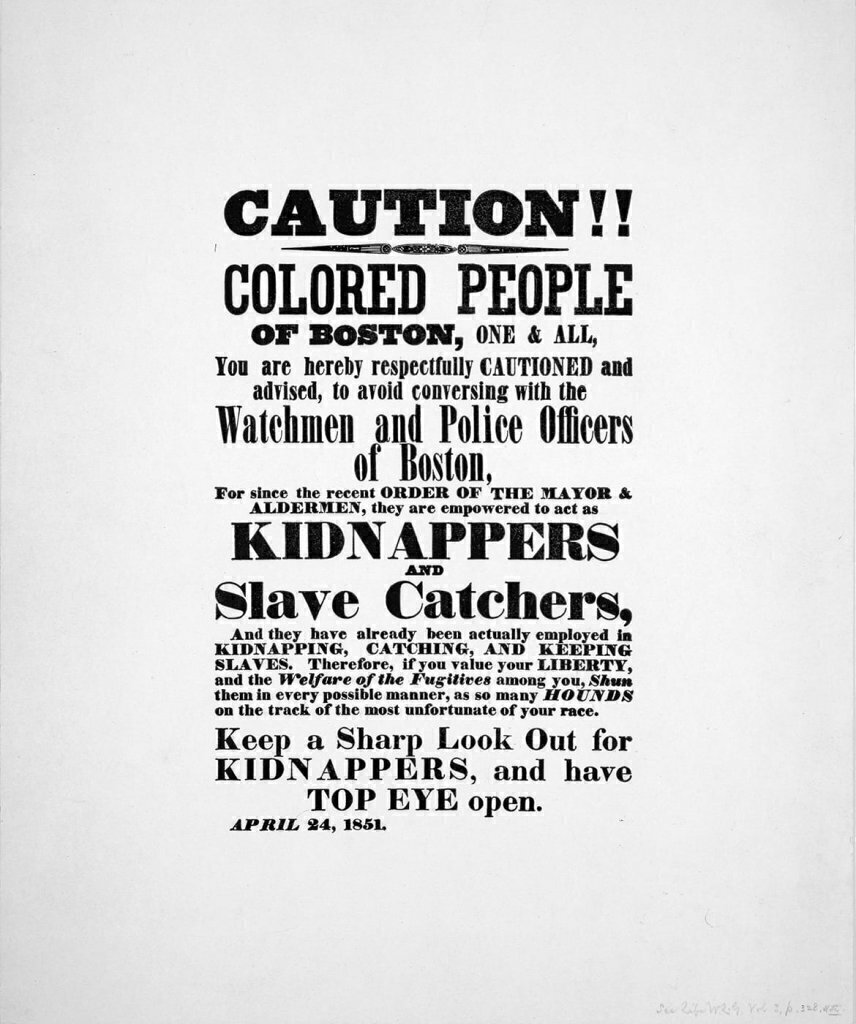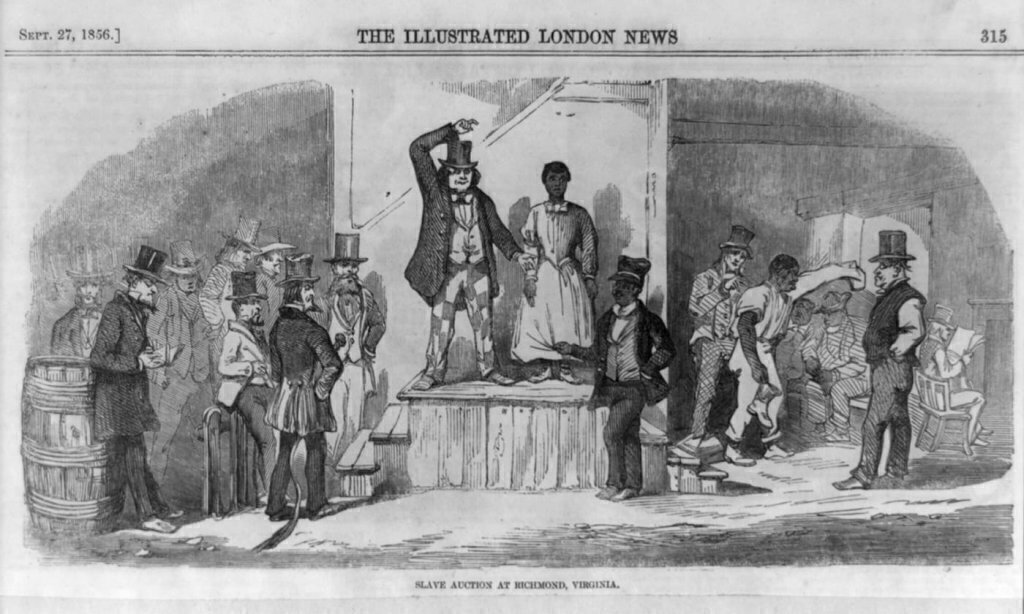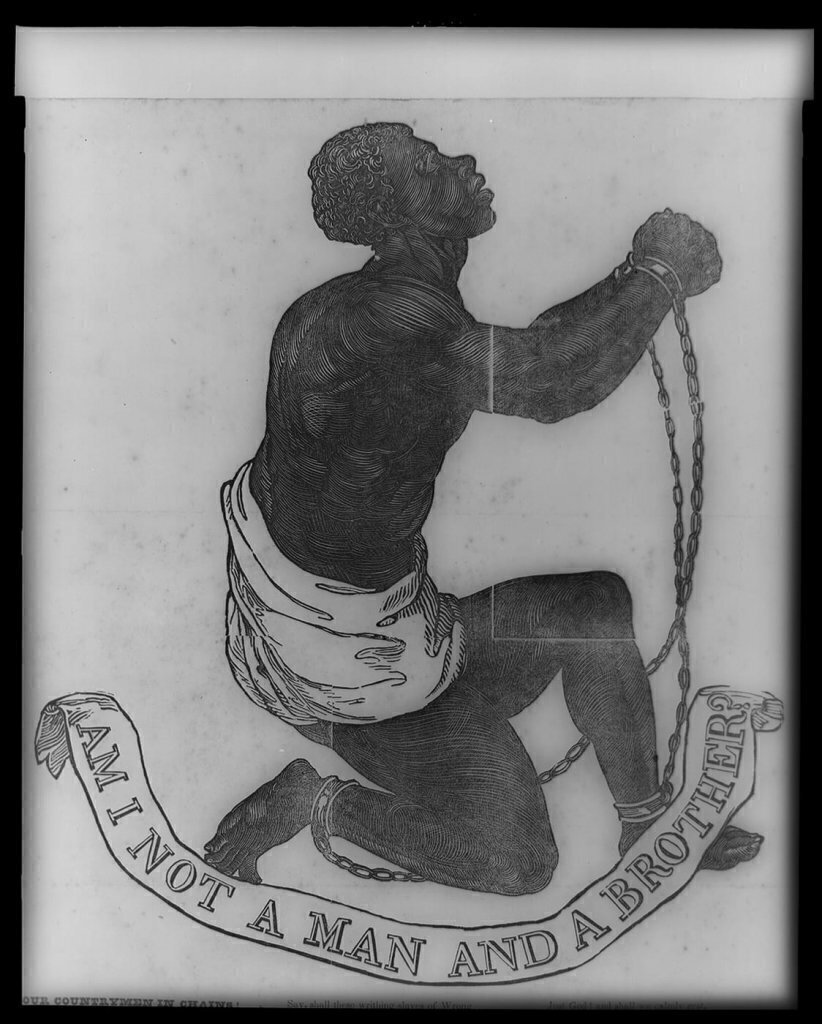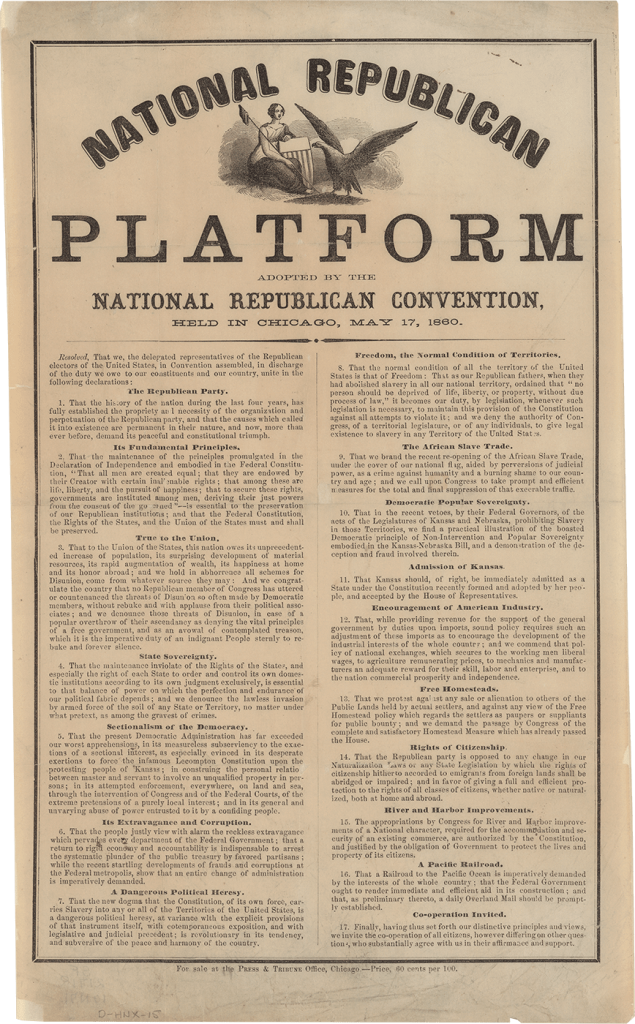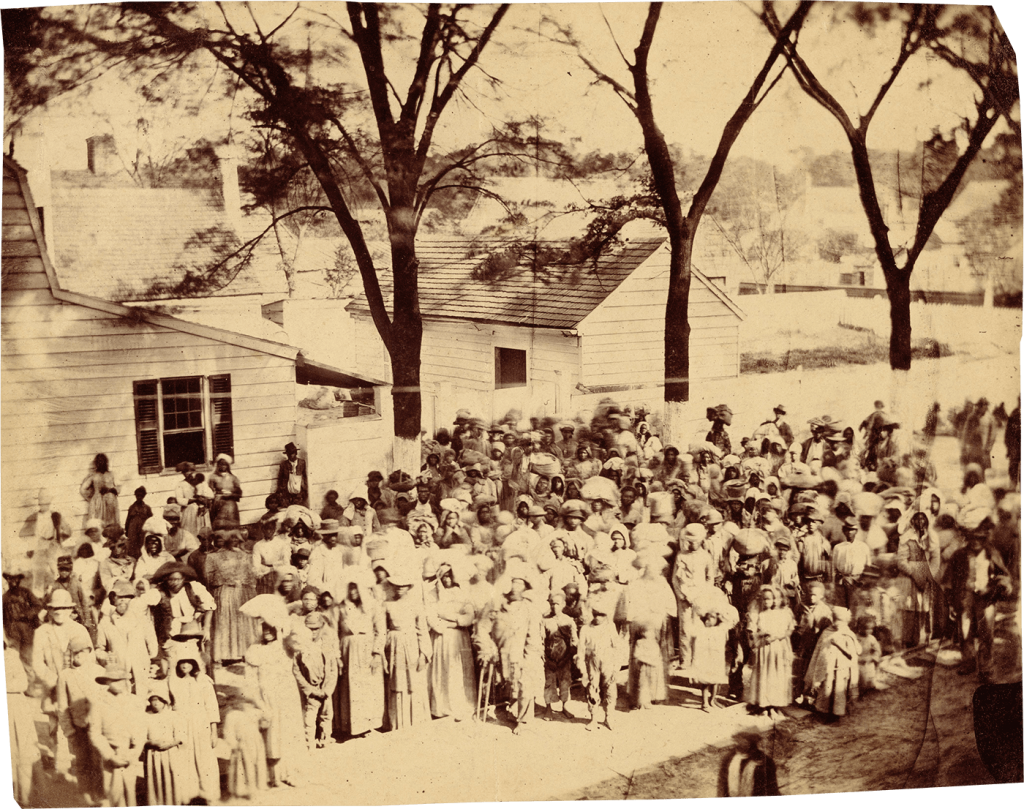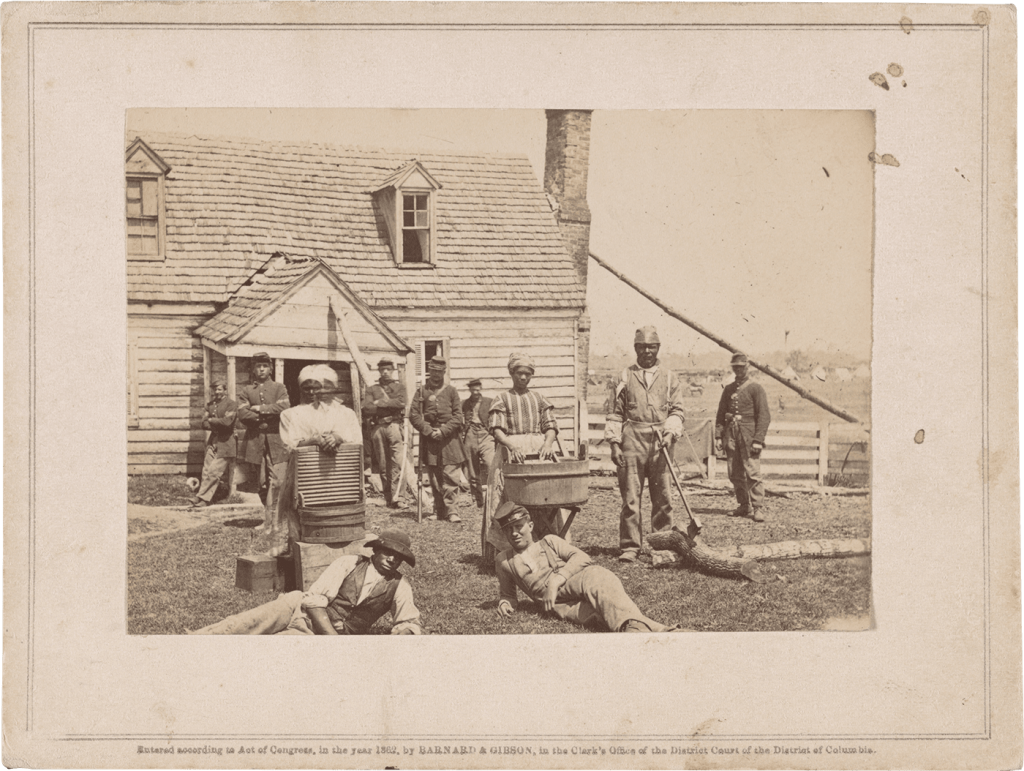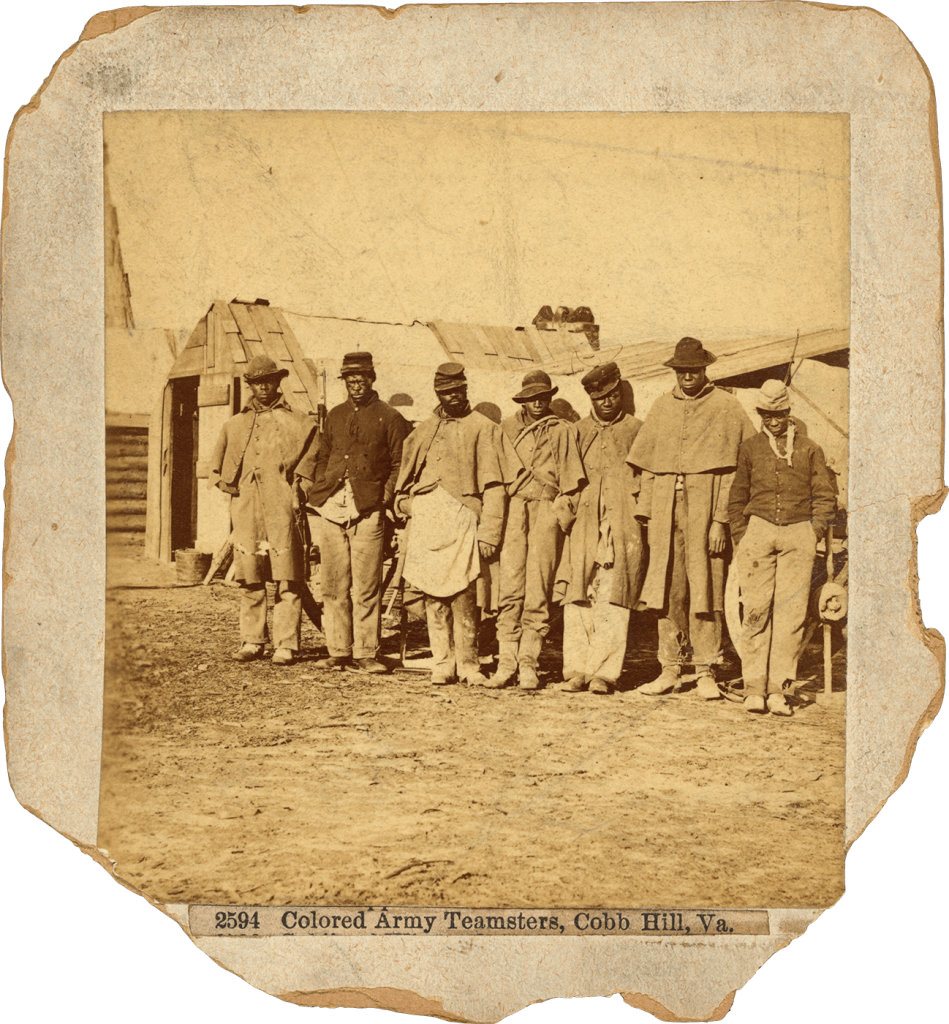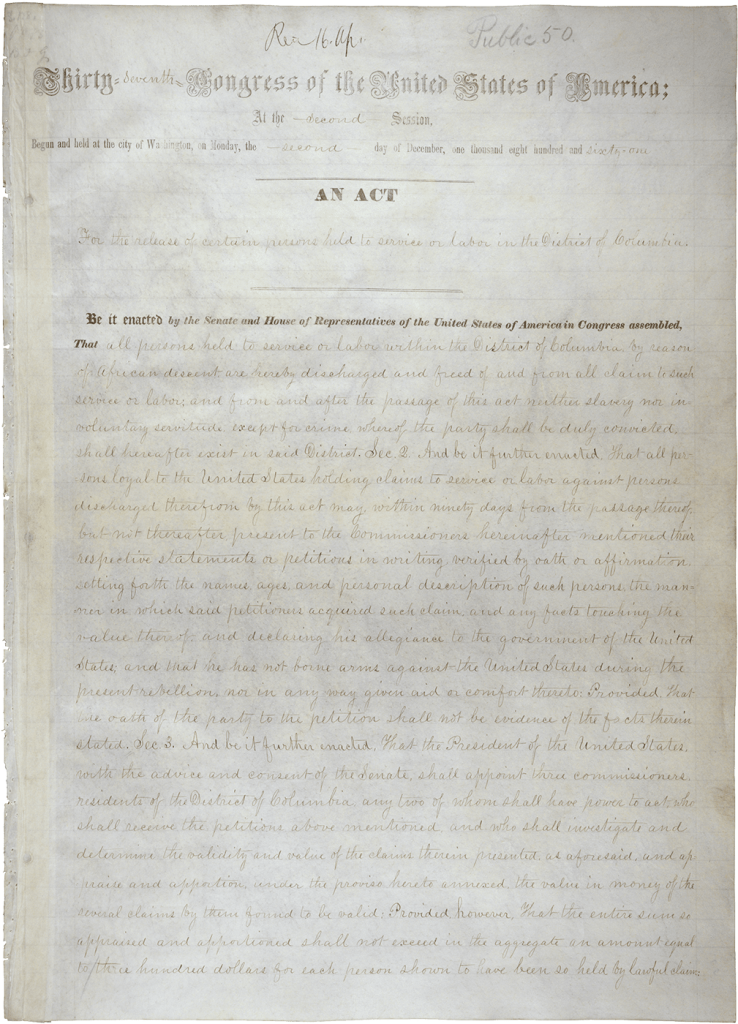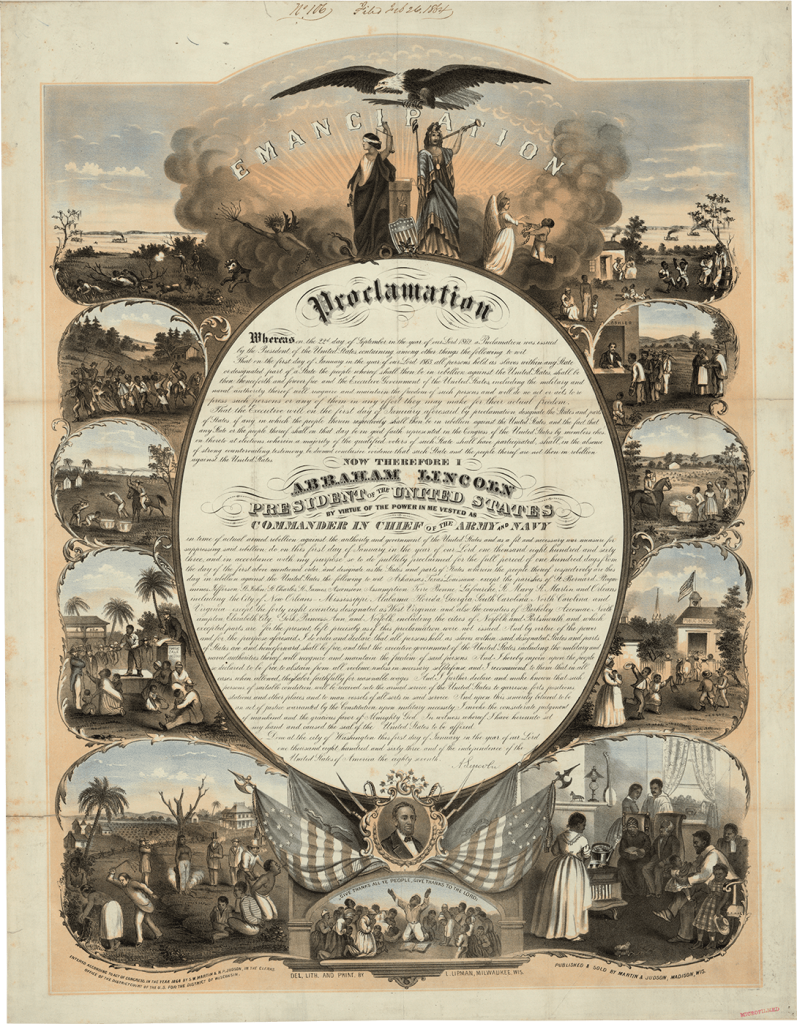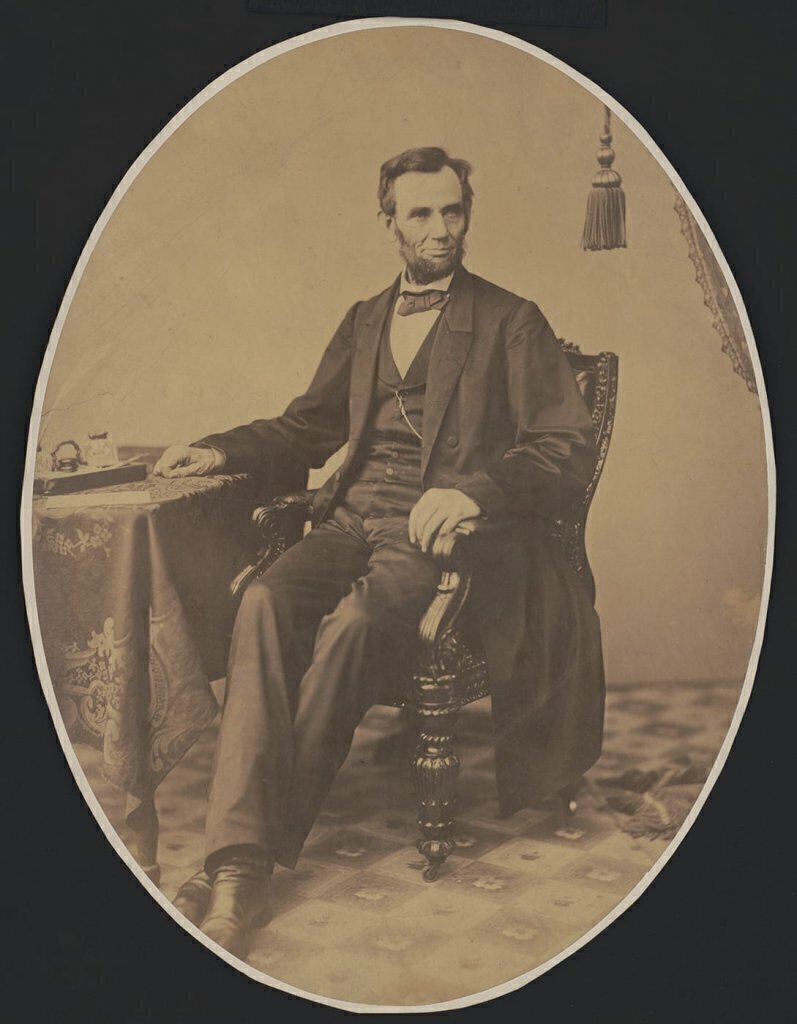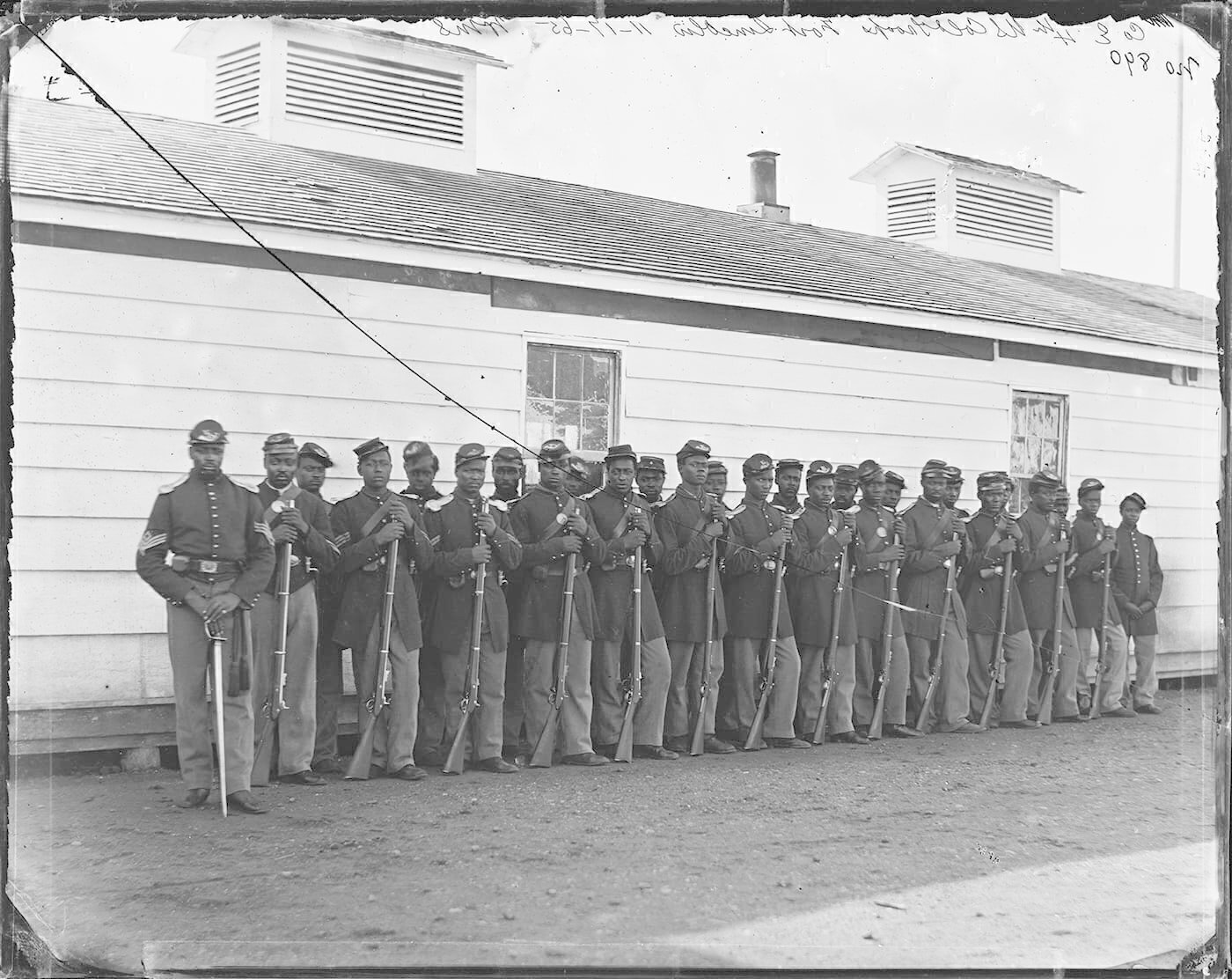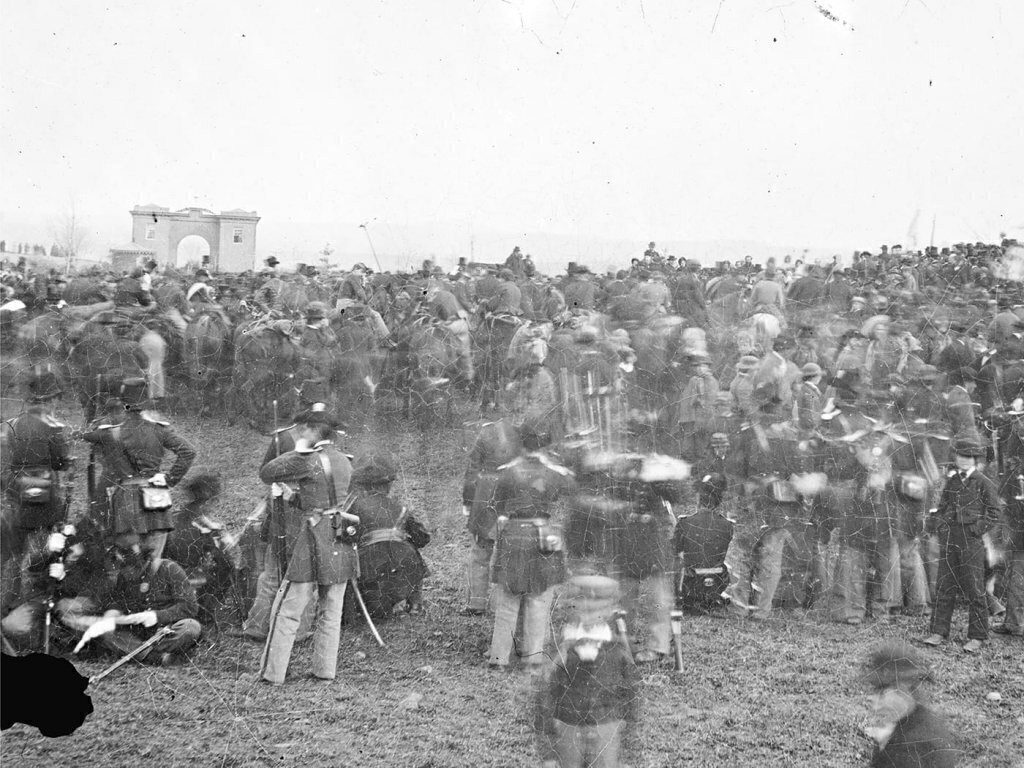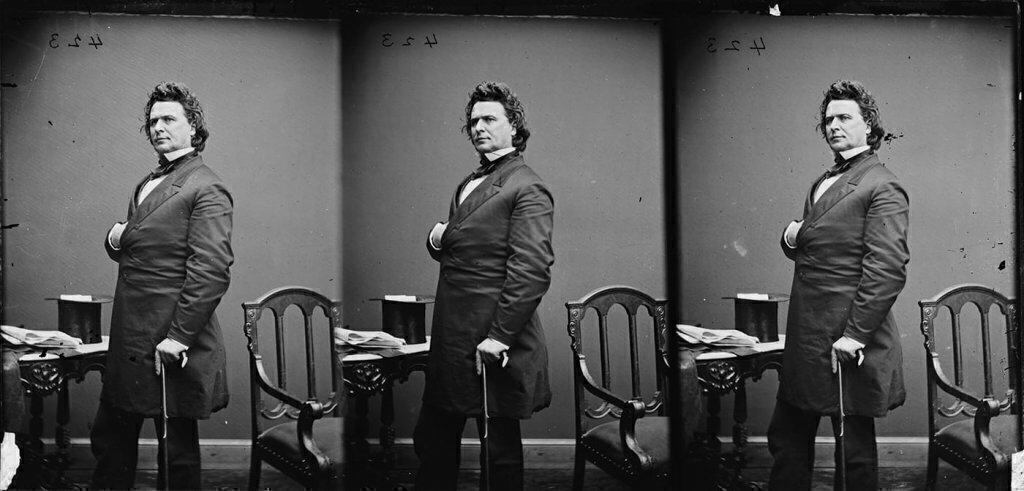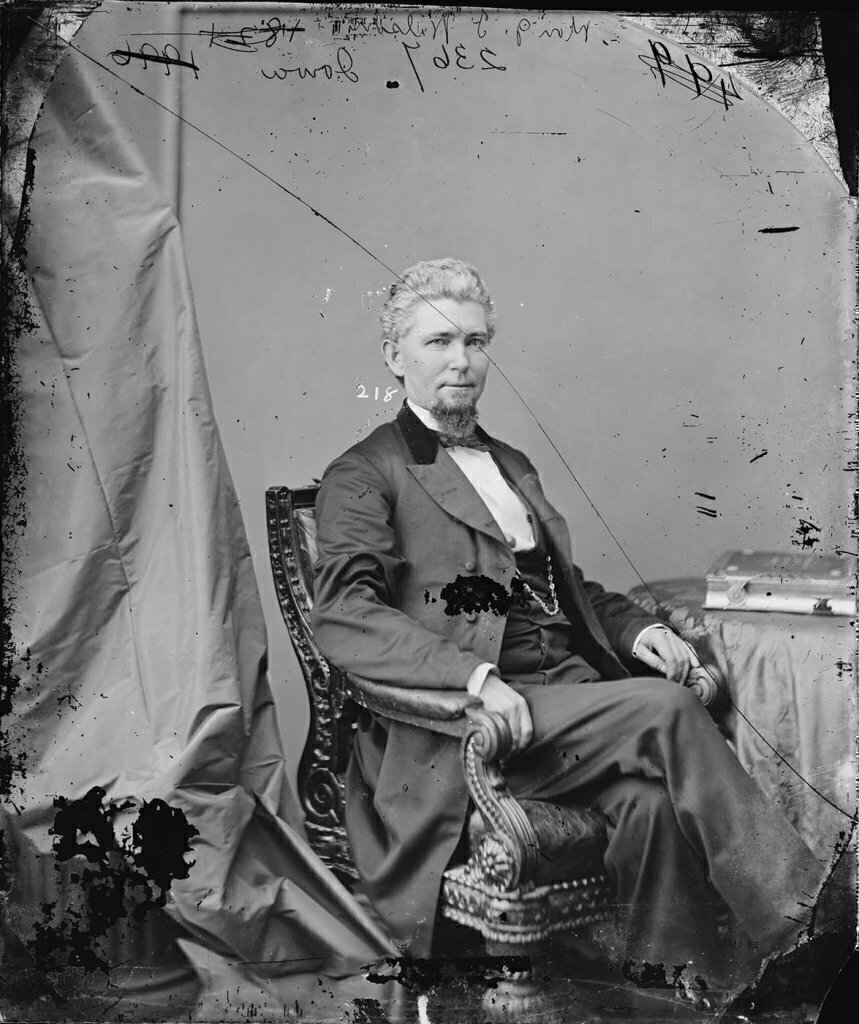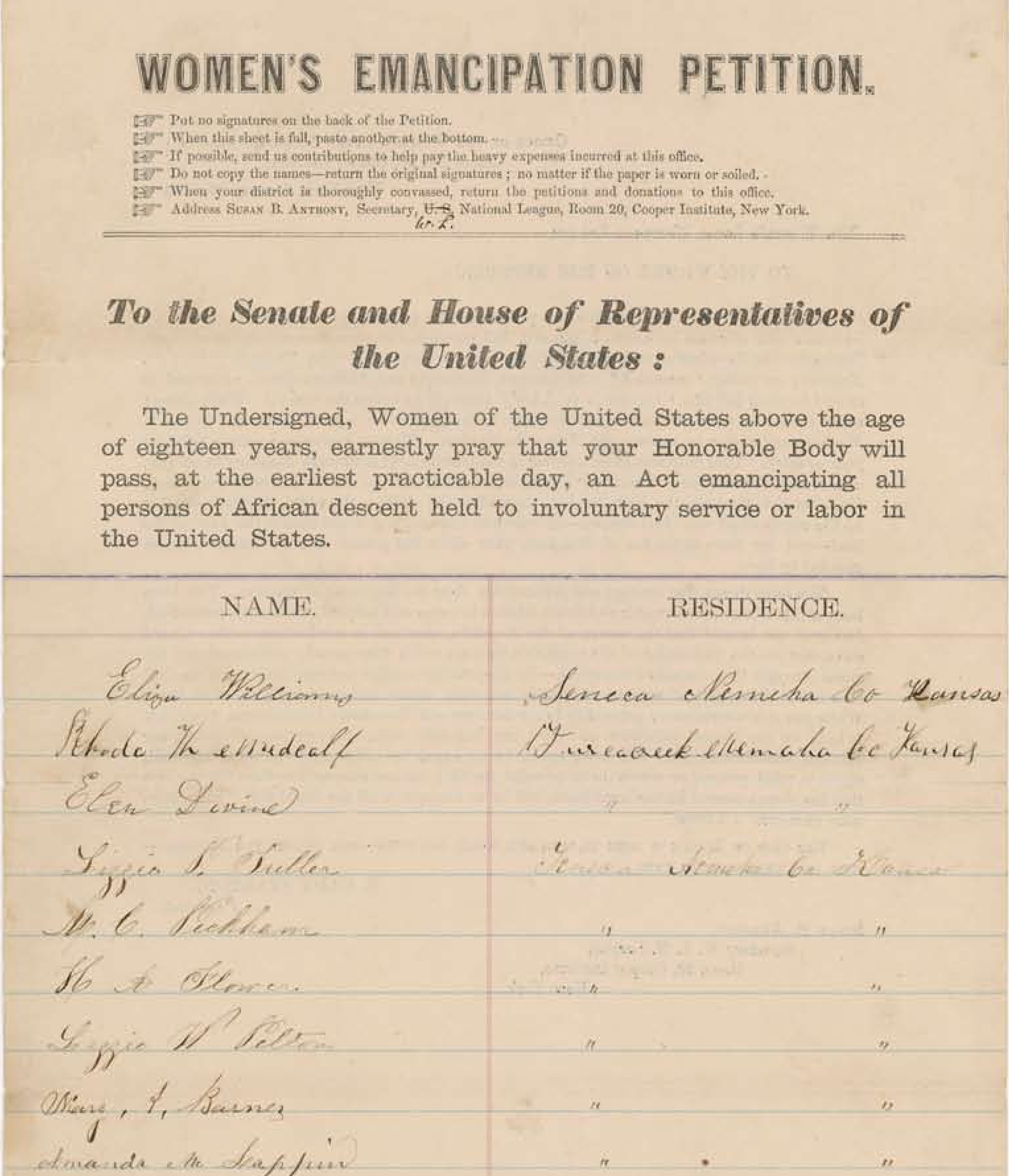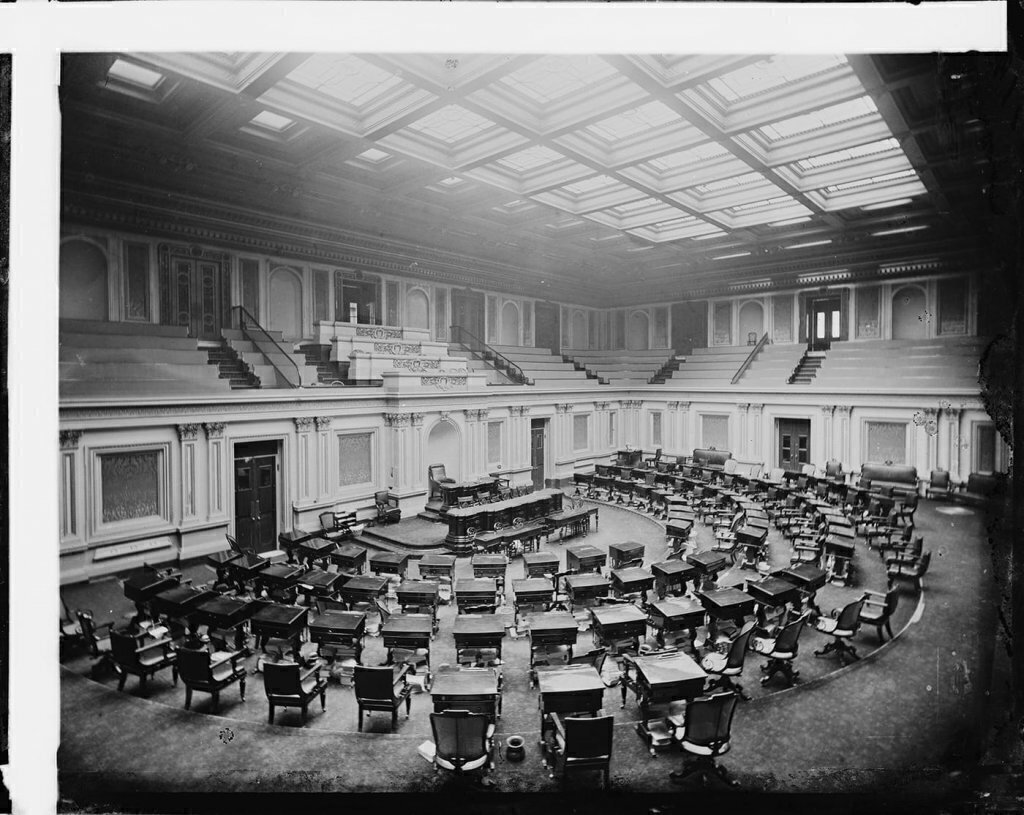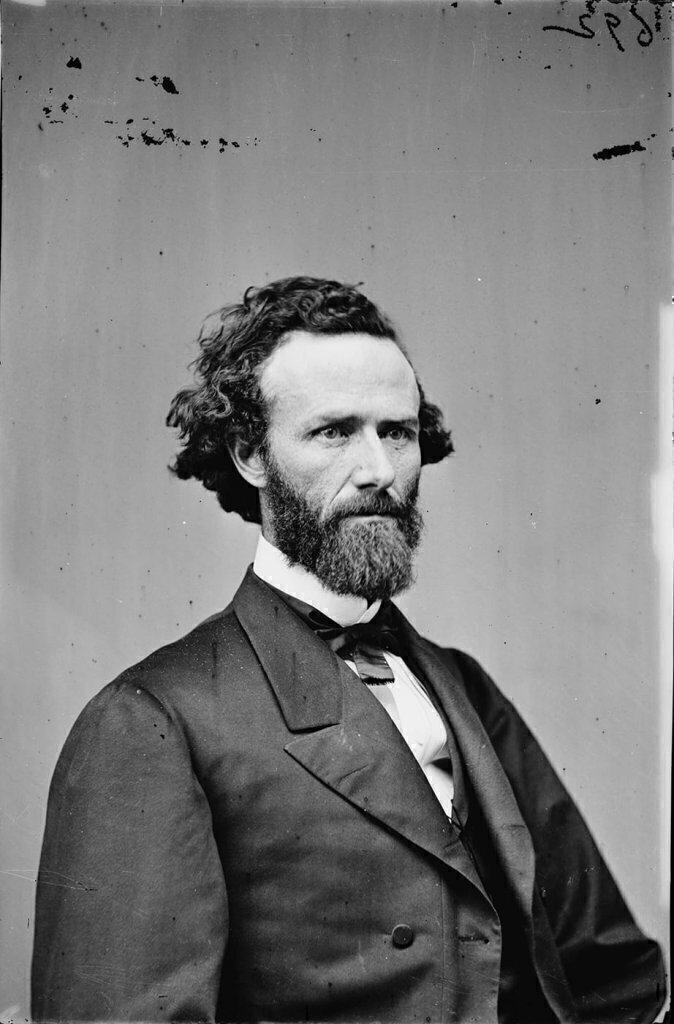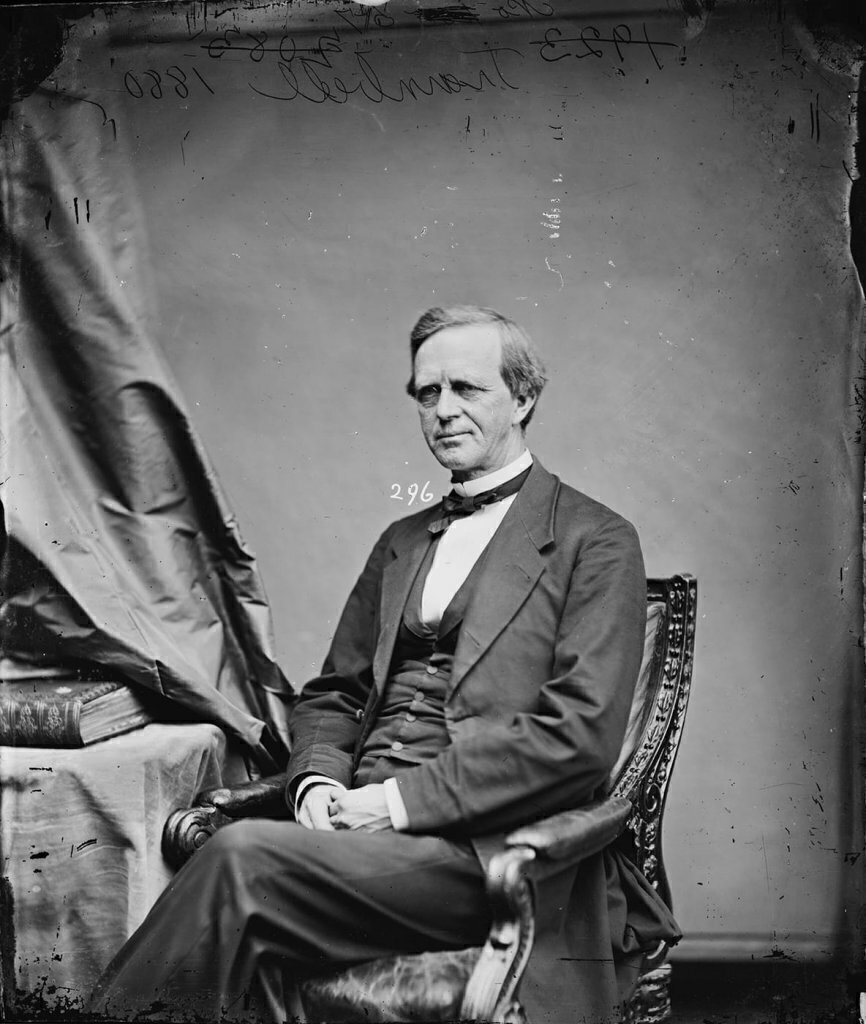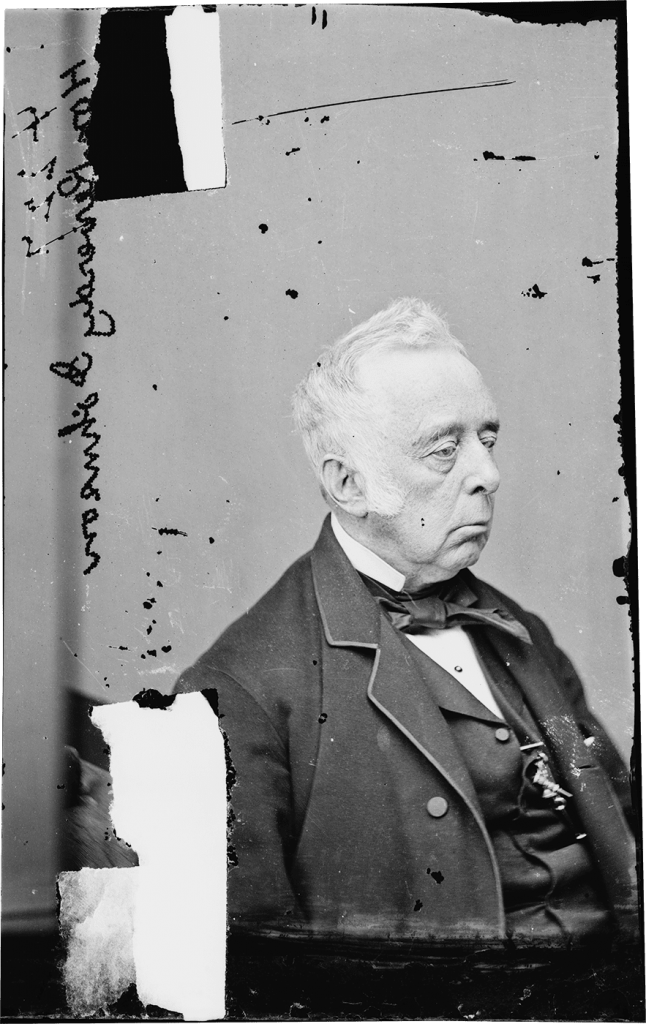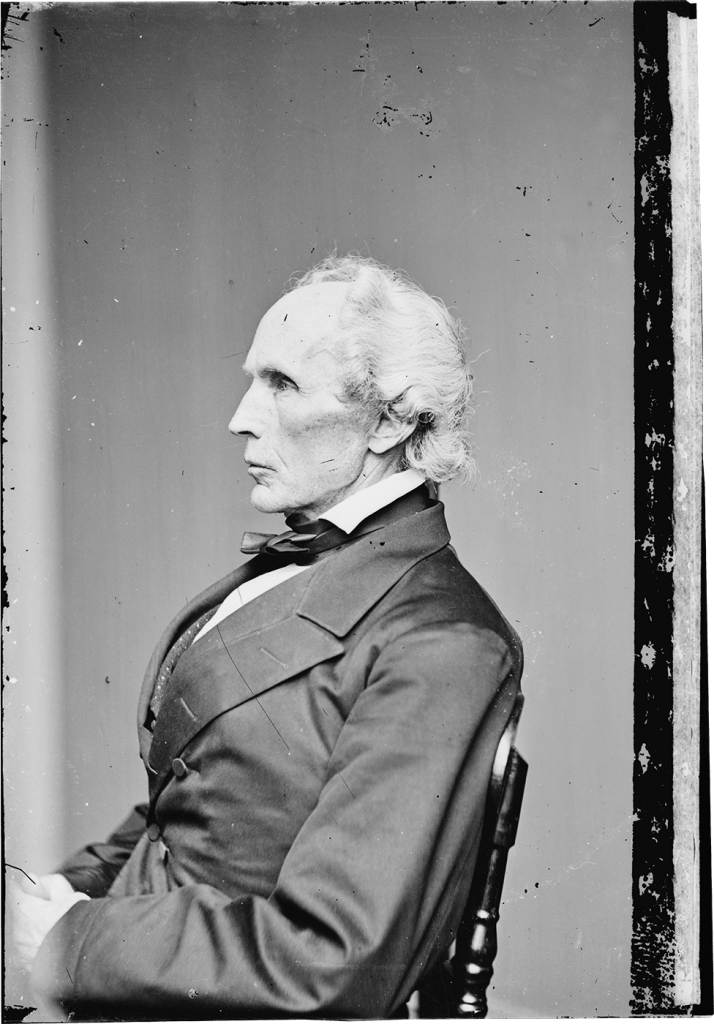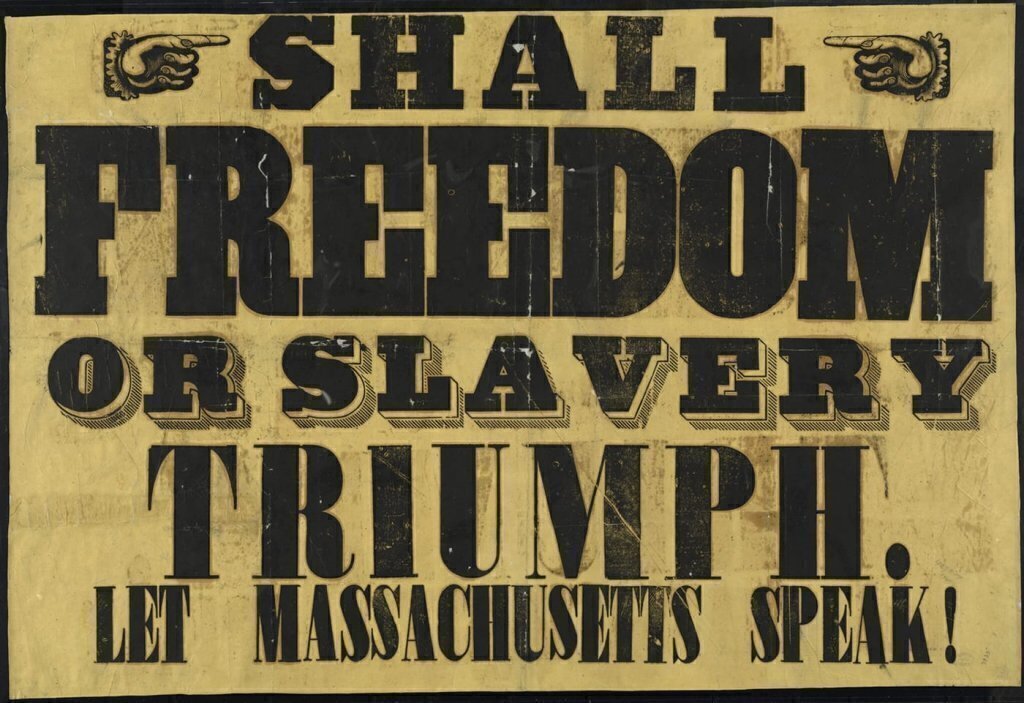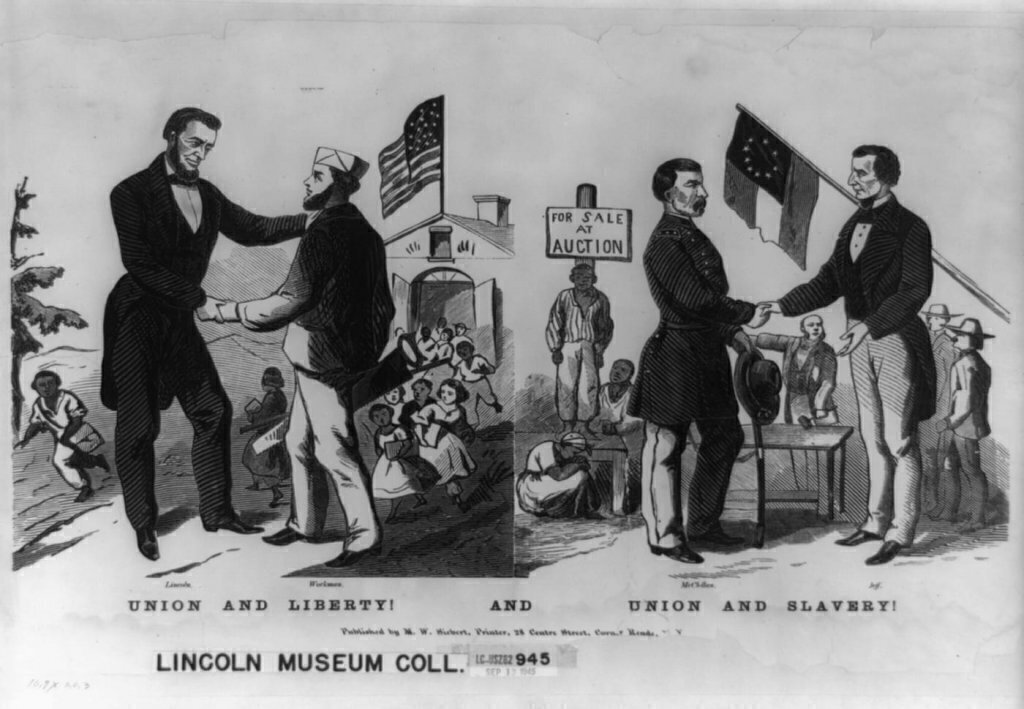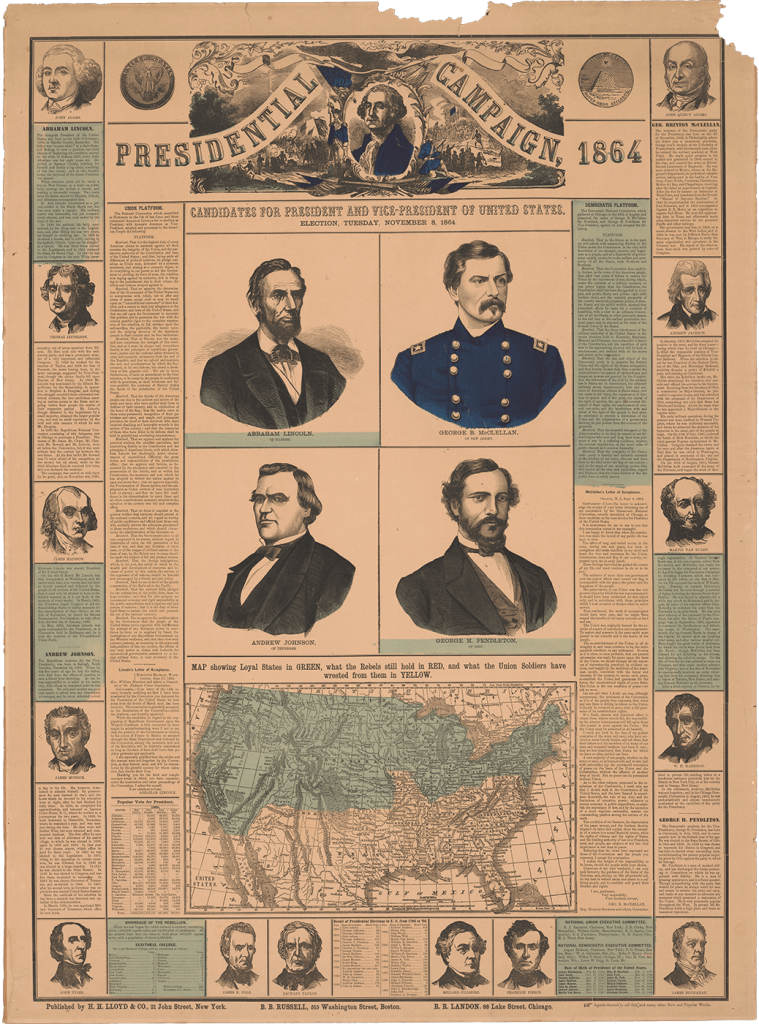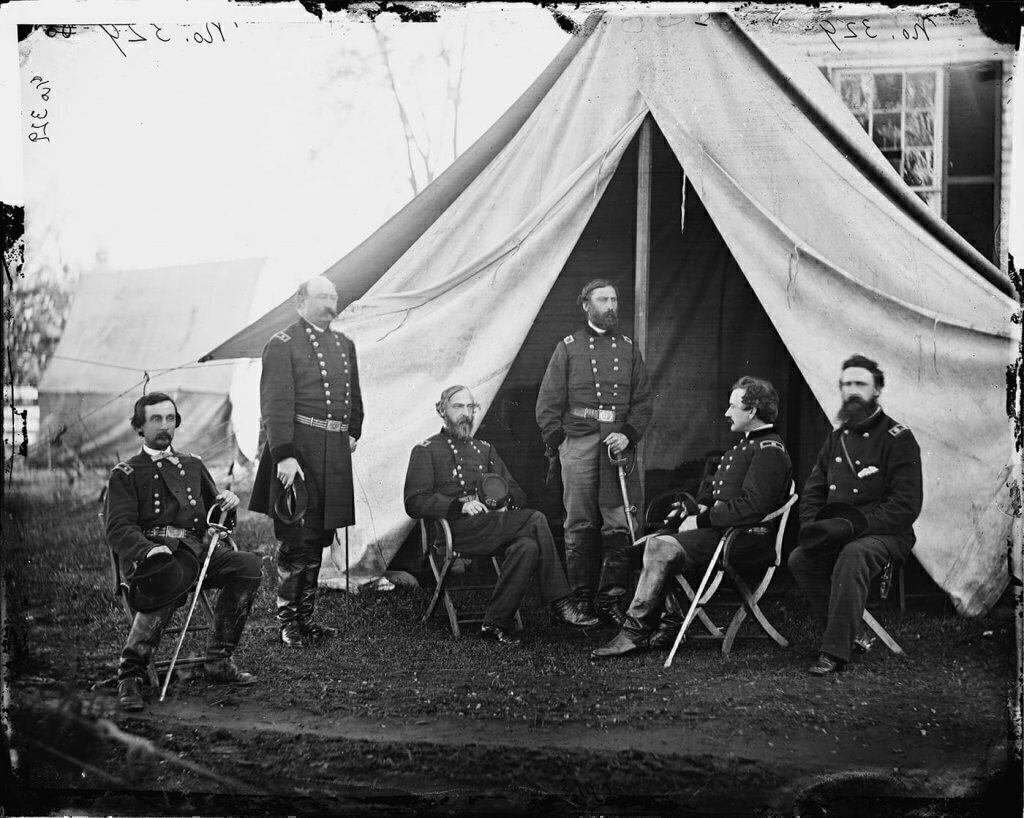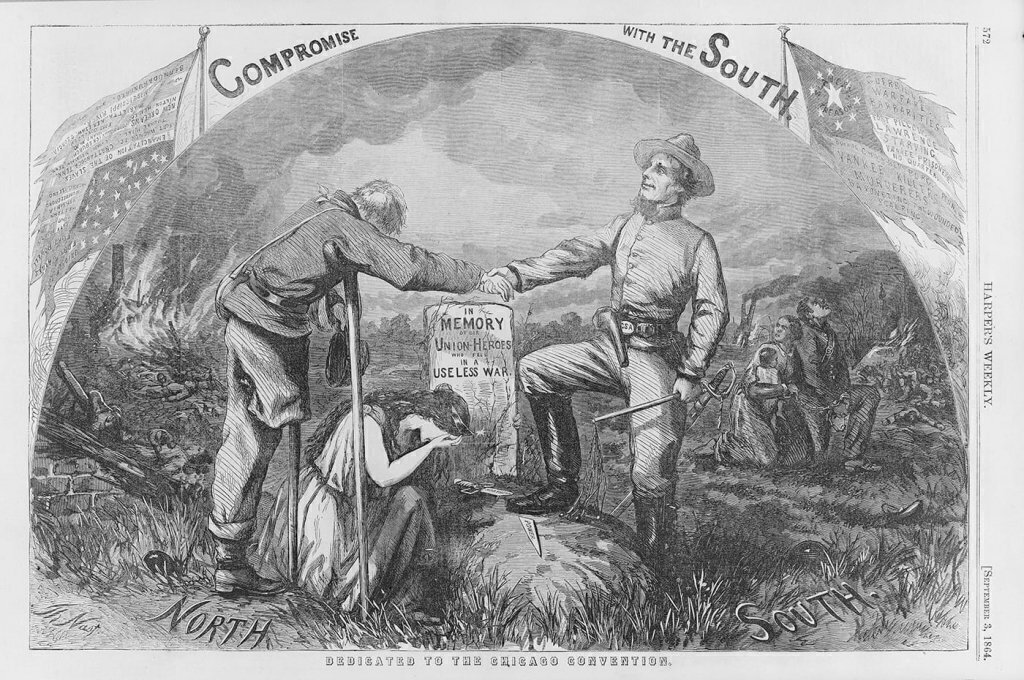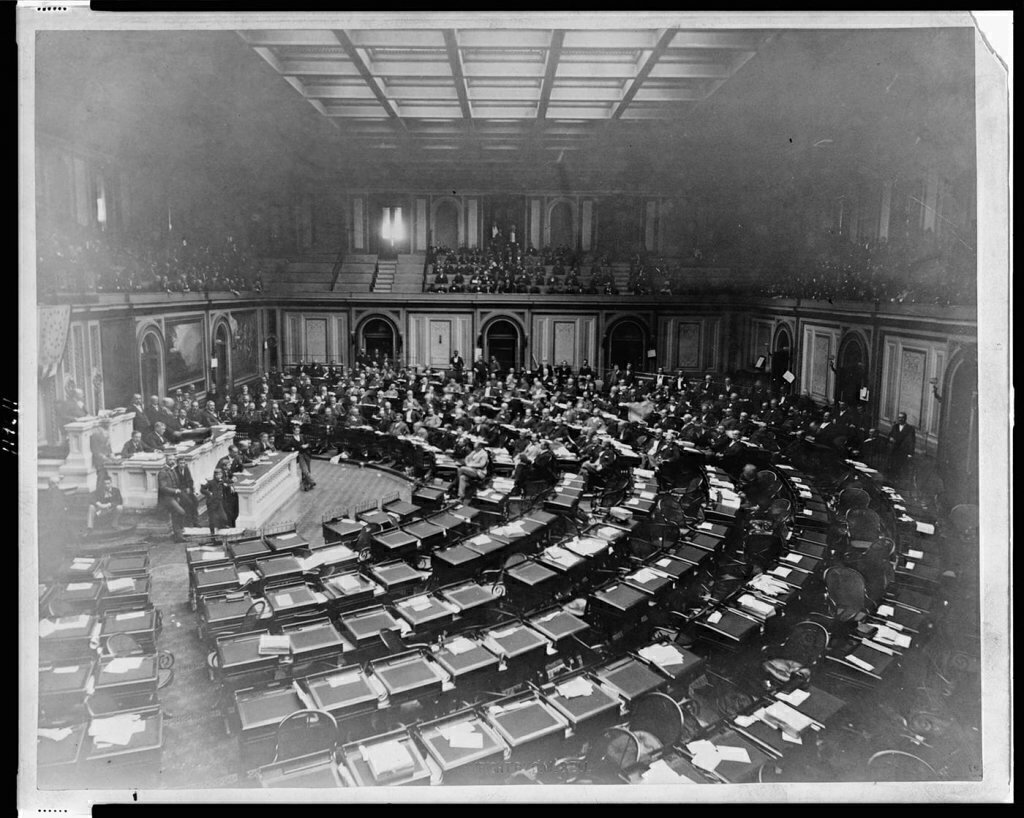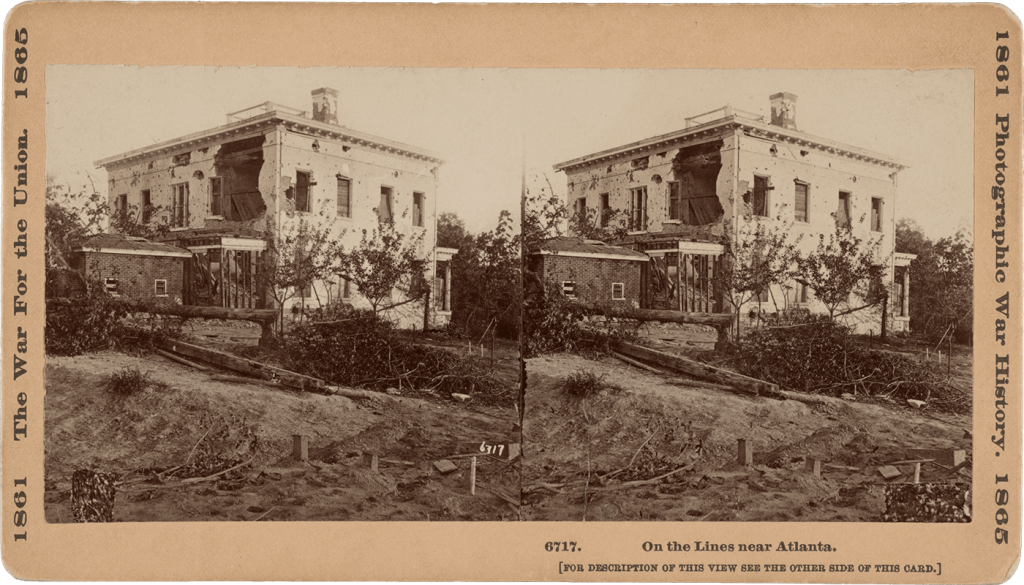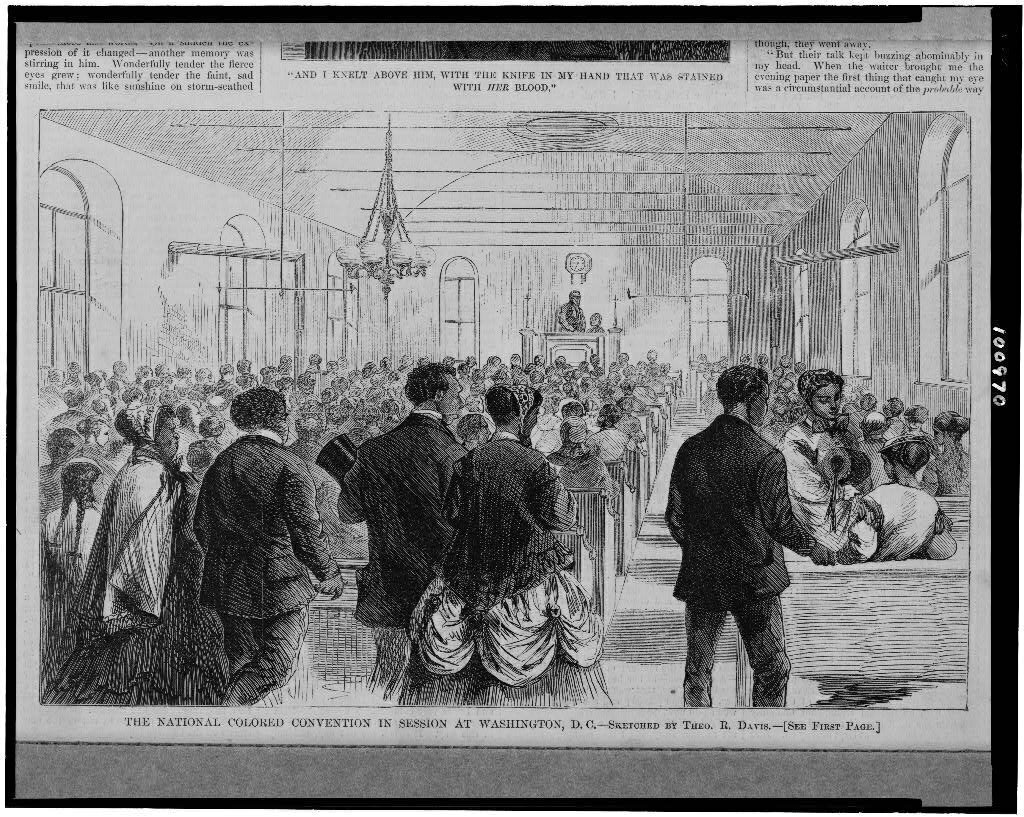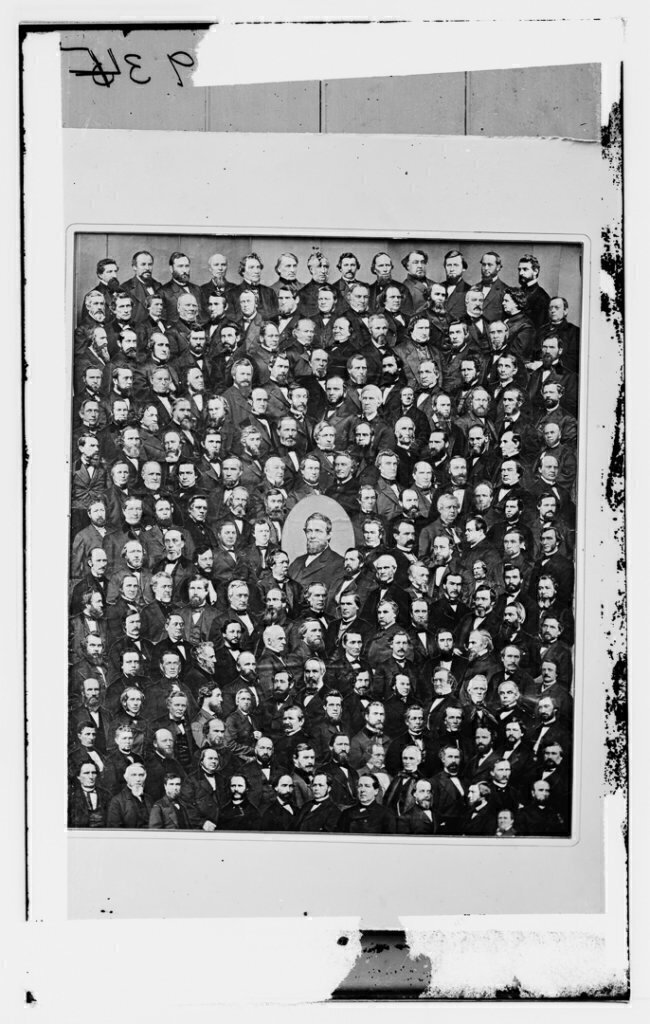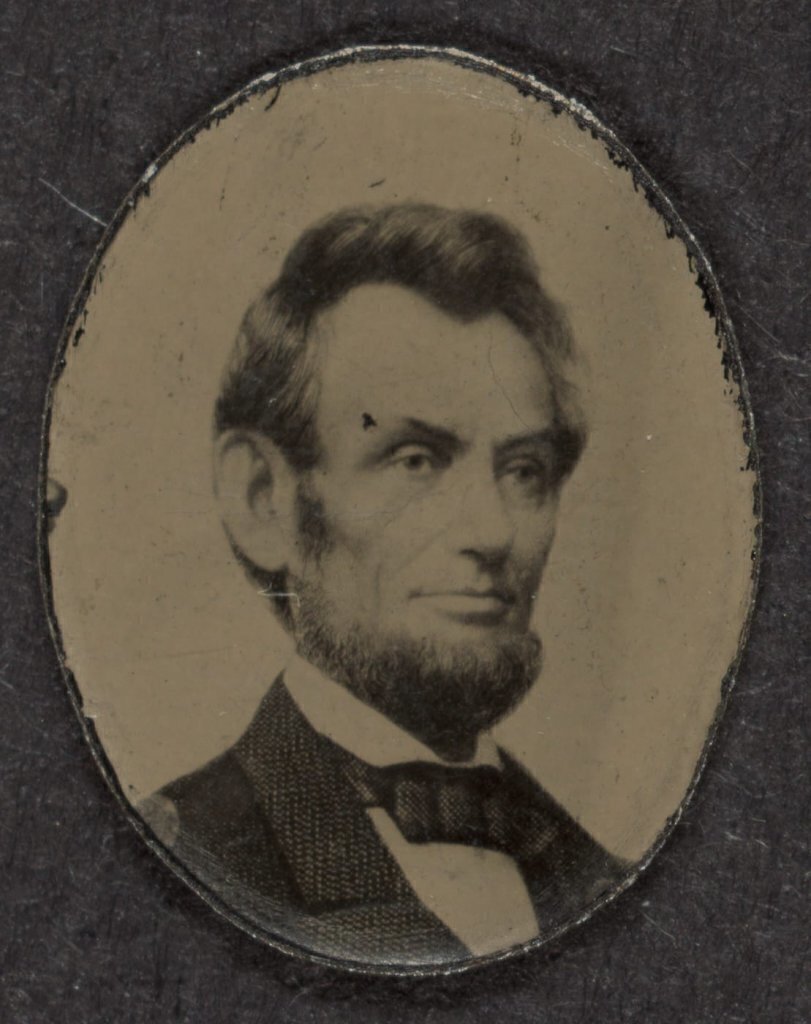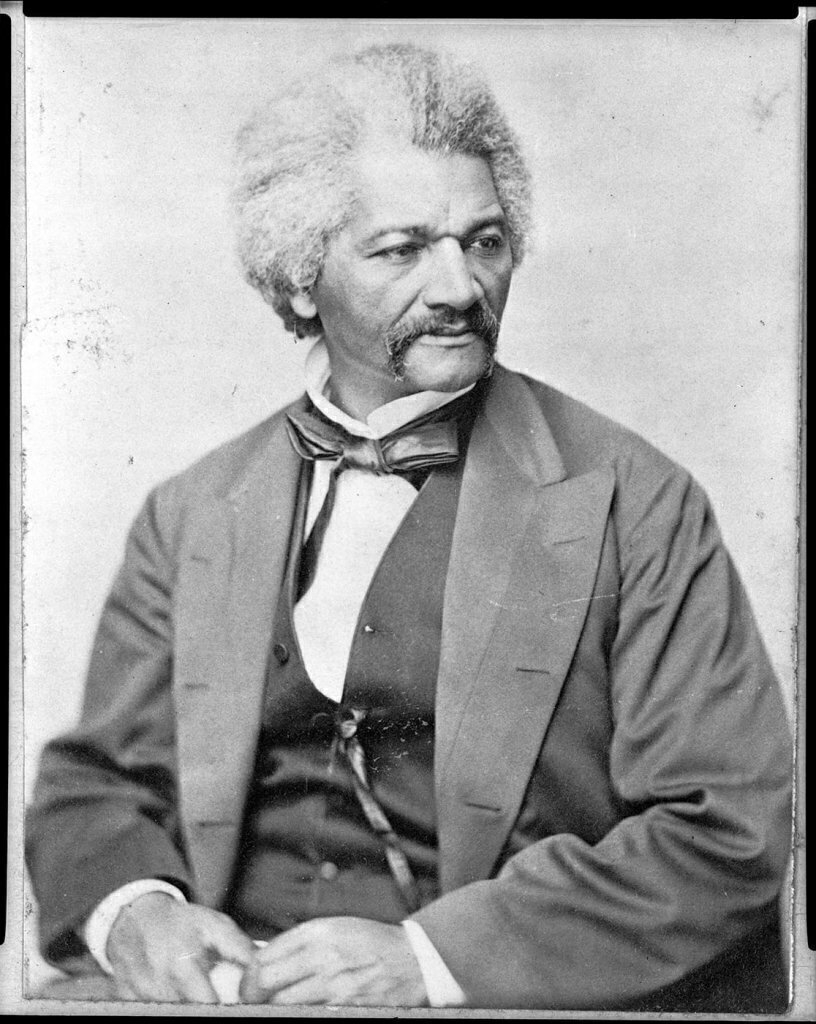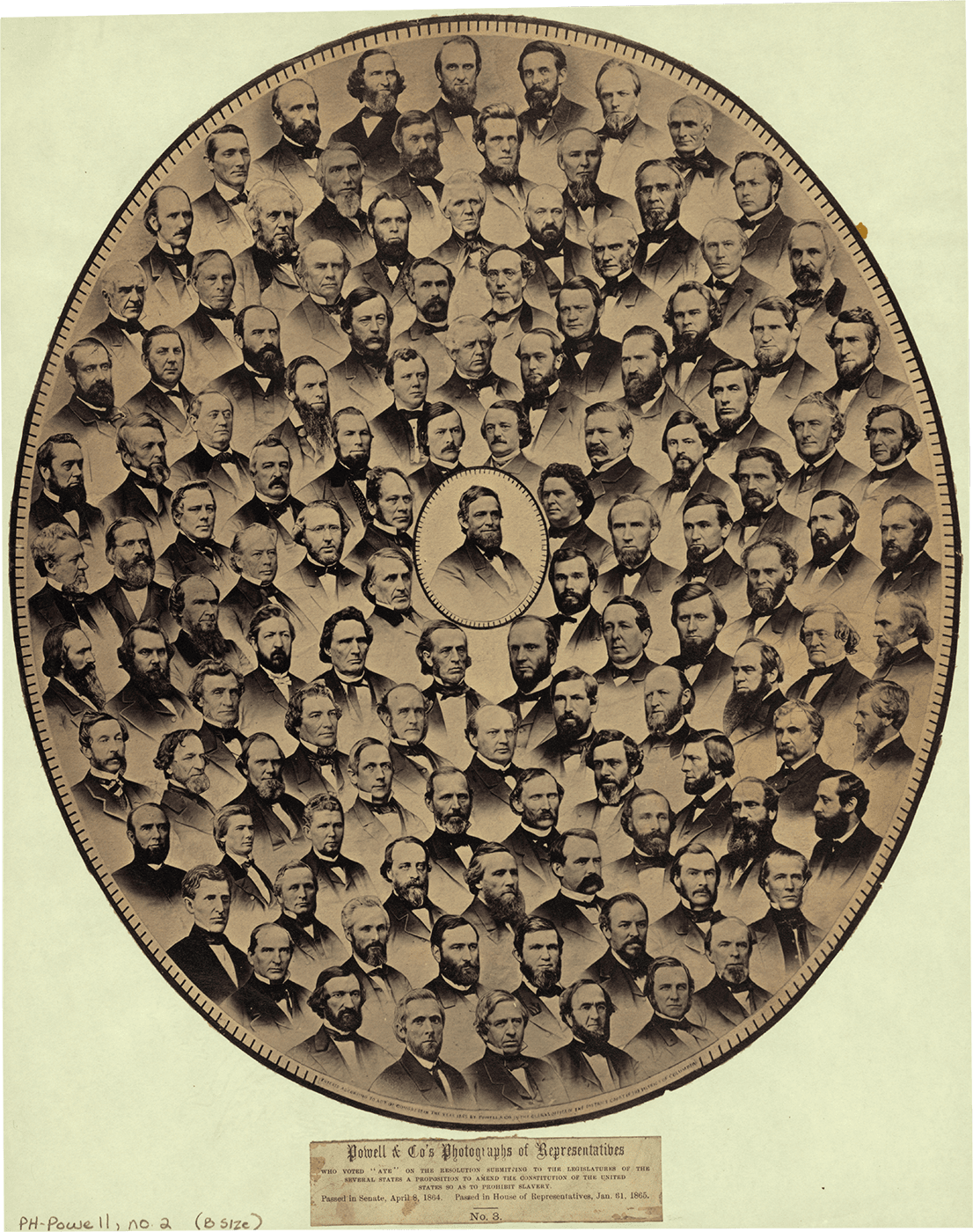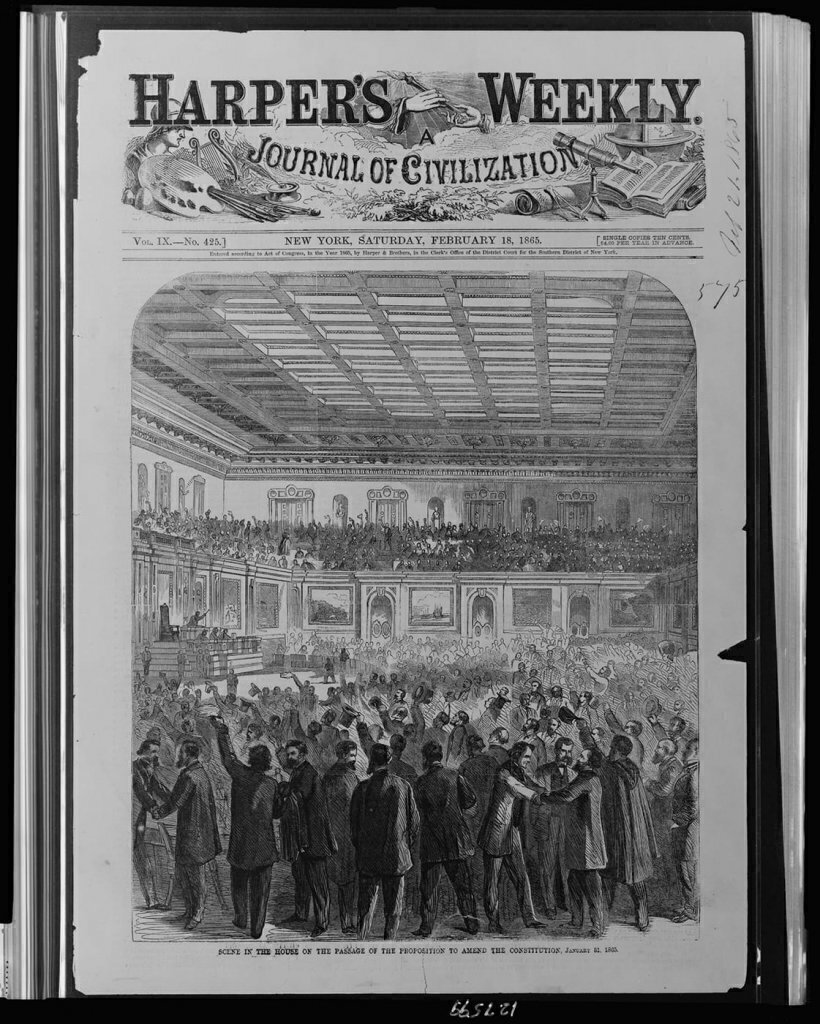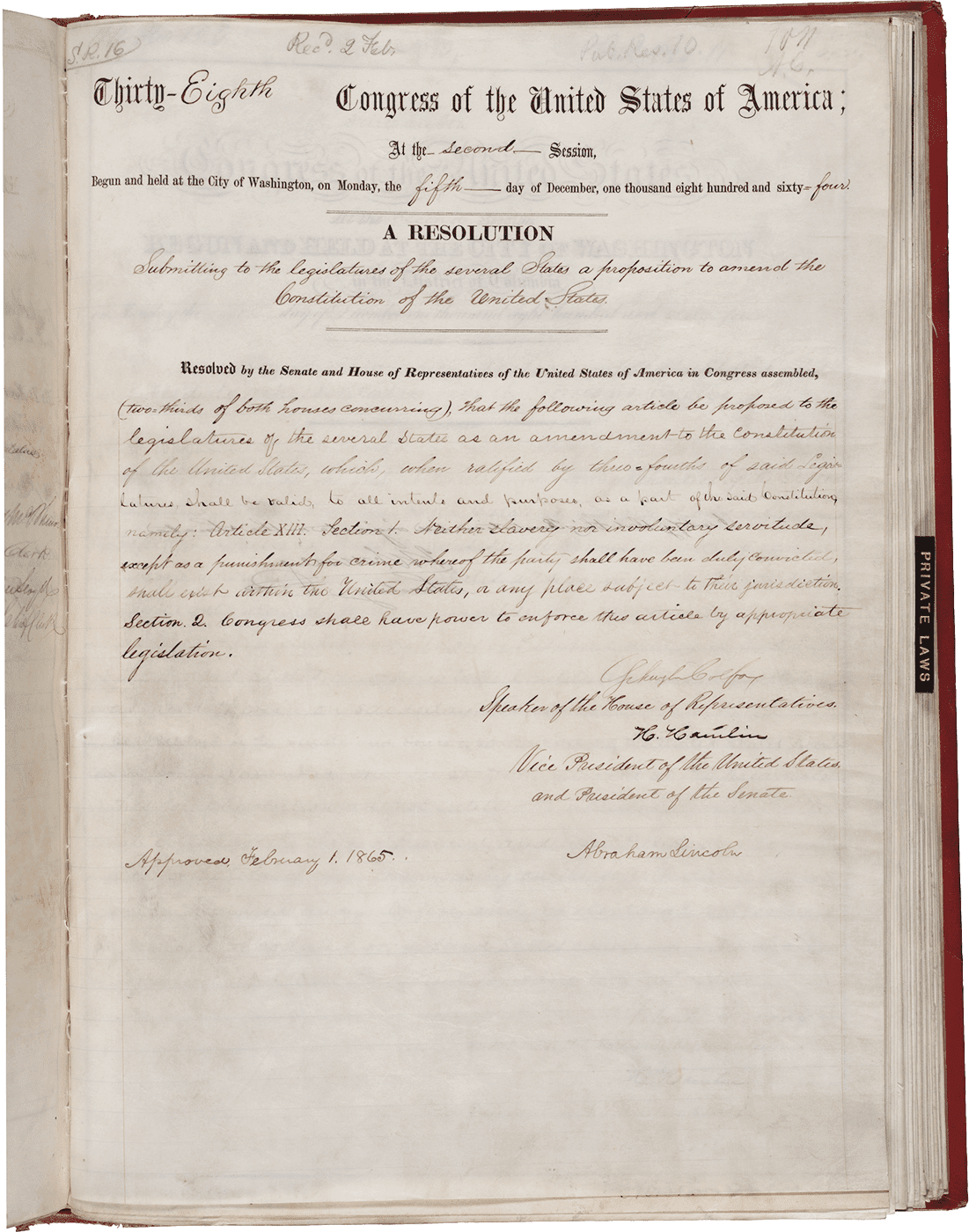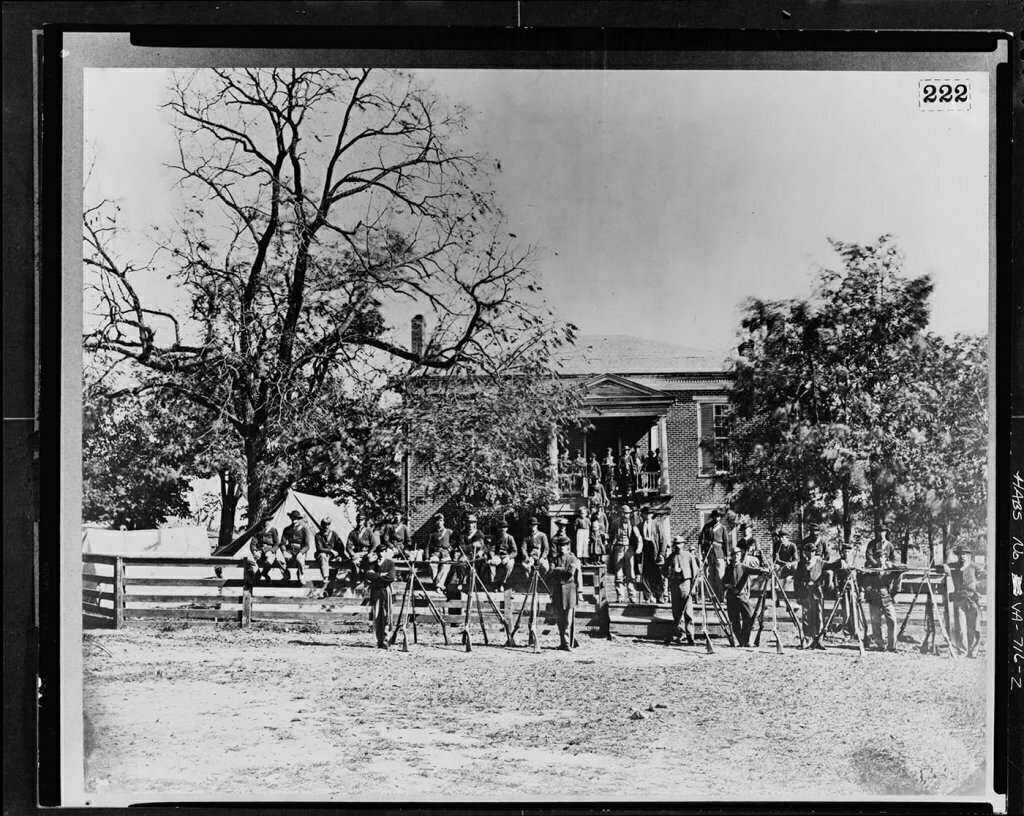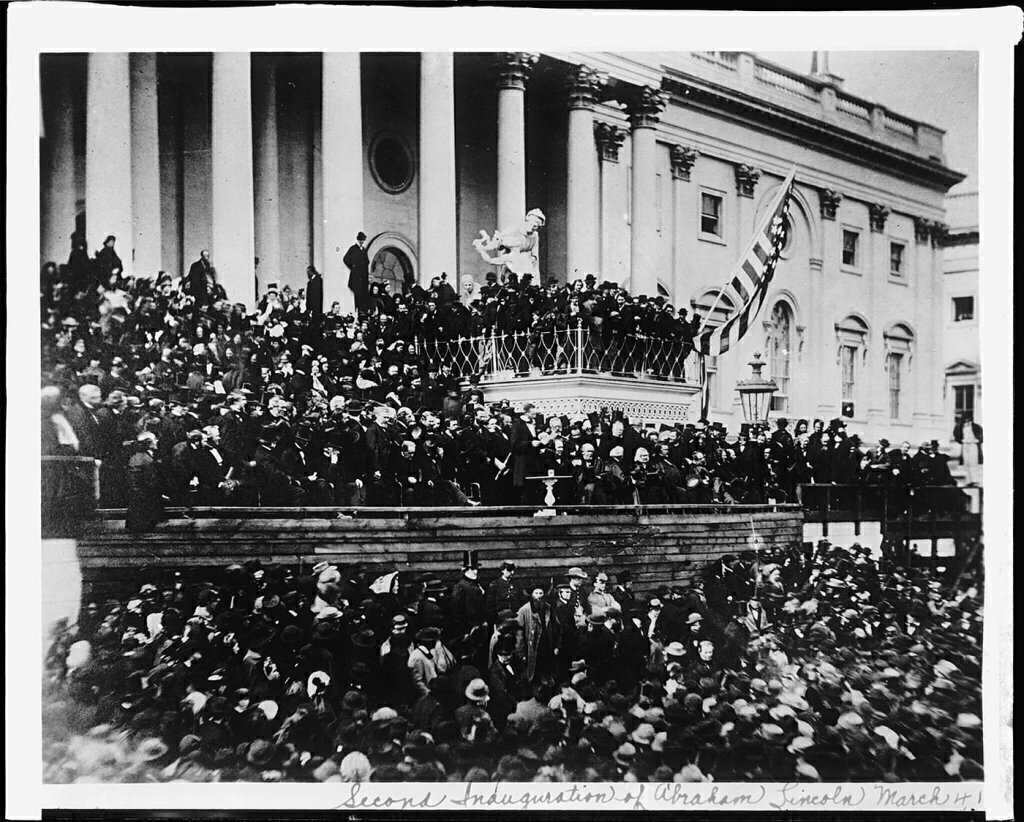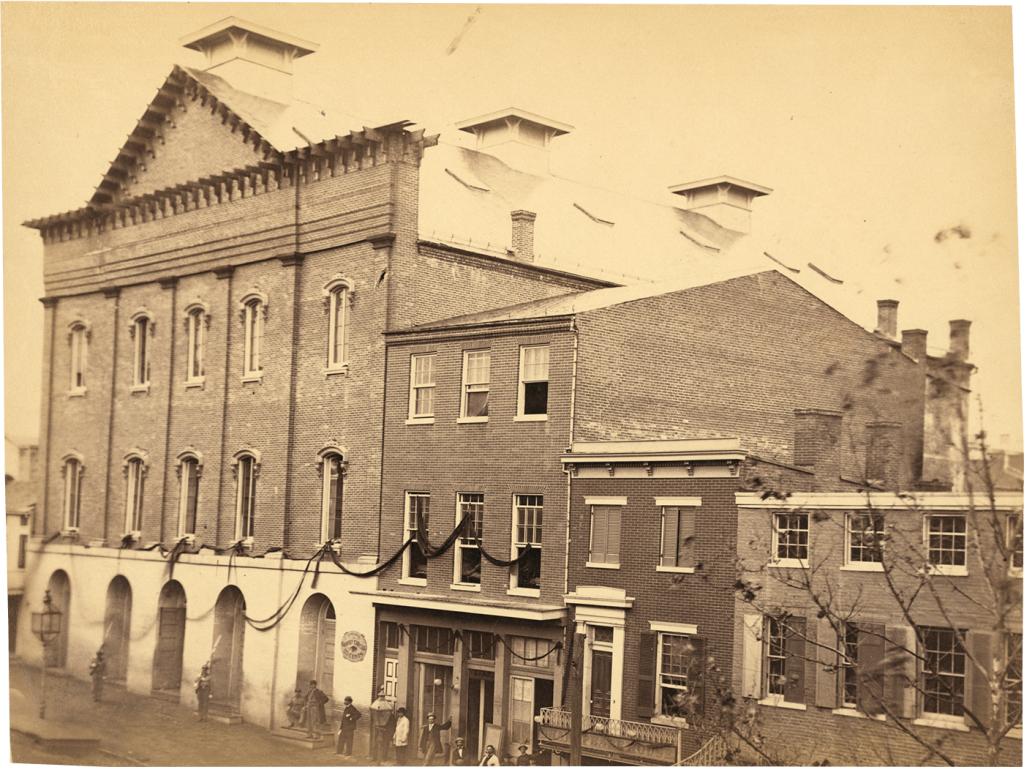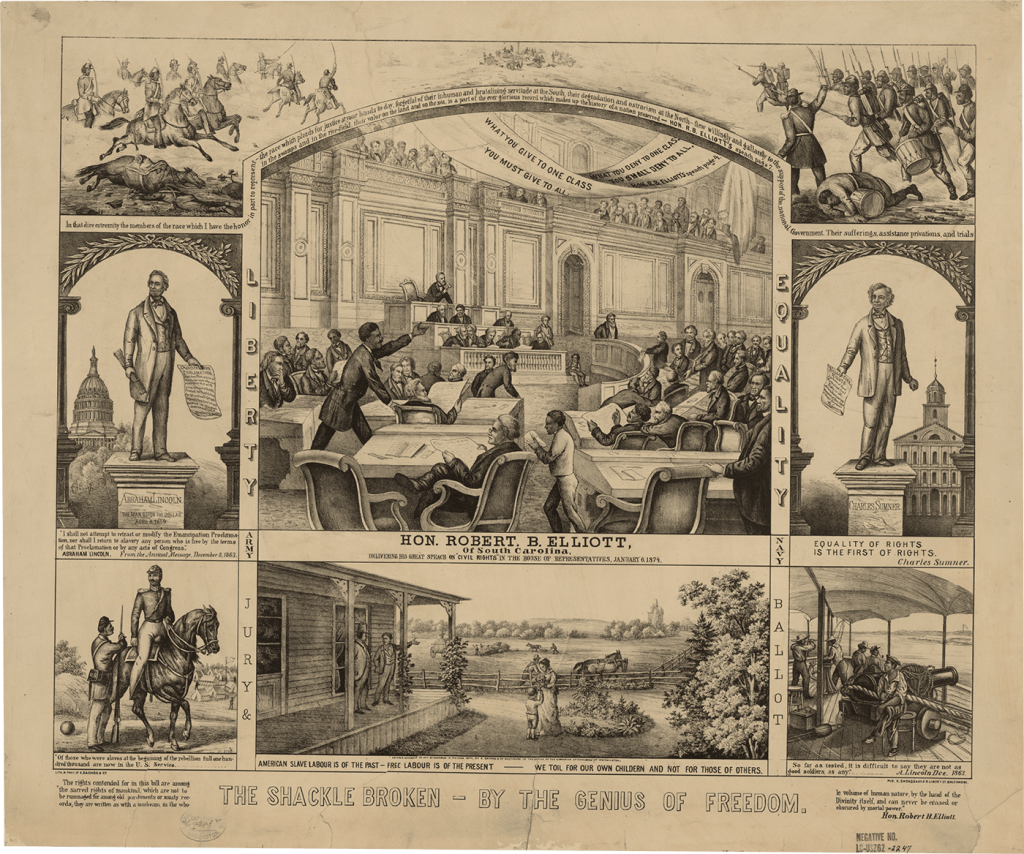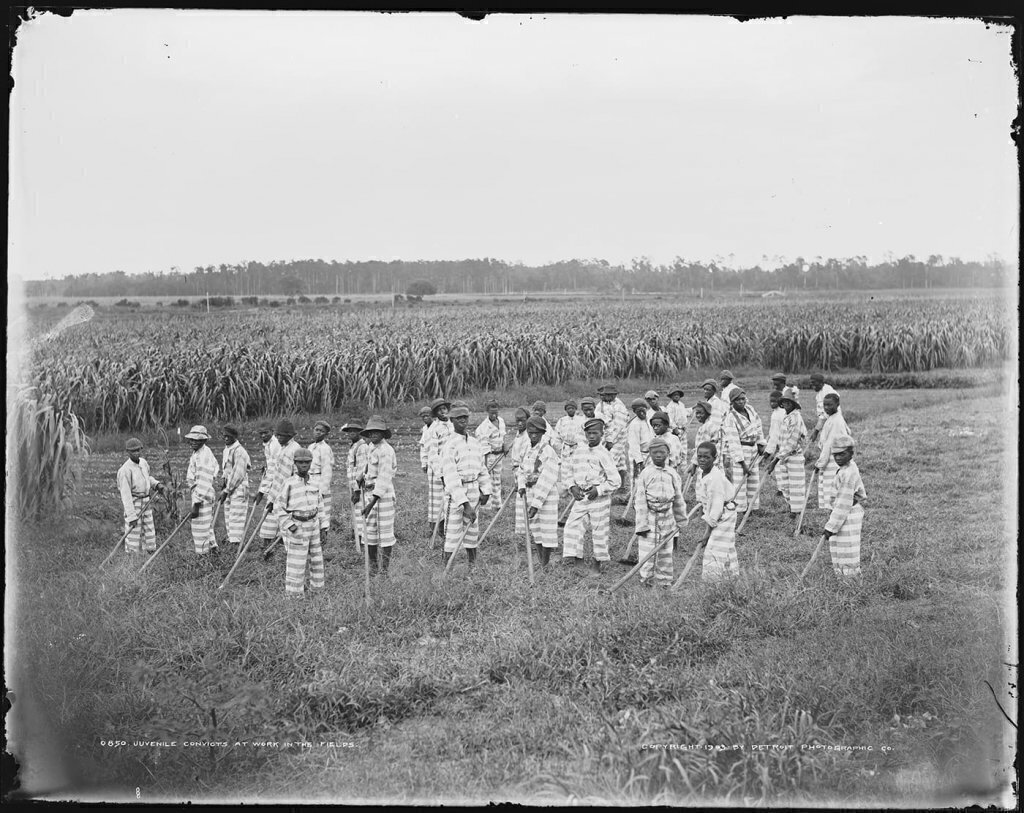13th Amendment
Abolition of Slavery
The 13th Amendment abolished slavery in the United States. The Senate passed the amendment in April 1864, settling on language with bipartisan appeal. The House then rejected it. Following battlefield victories and Lincoln’s reelection, Congress reconsidered, approving it in January 1865. It was ratified December 6, 1865.
Special thanks to Kurt Lash from the University of Richmond School of Law for sharing his research and expertise. Kurt Lash, The Reconstruction Amendments: Essential Documents (University of Chicago Press, 2019).
Read the full textThe Drafting Process
Select a Provision to Learn How It Changed over Time
Select a provision to learn more about how it was drafted into existence
1787
1808
Event
January 1
1808
Congress bans international slave trade
1860
Event
November 6
1860
Election of 1860
1861
Event
August 6
1861
Congress attacks slavery
1863
Event
January 1
1863
Lincoln issues Emancipation Proclamation
1863
Event
November 19
1863
Lincoln delivers Gettysburg Address
1863
-
Draft — December 14, 1863
Rep. Wilson proposes abolition amendment in the House
1863
-
Draft — December 14, 1863
Rep. Ashley proposes abolition amendment in the House
1863
Ratification
December 14
1863
Representatives introduce abolition amendments in the House
-
1863
Representatives introduce abolition amendments in the House
-
1864
War Democrat Henderson introduces abolition amendment in the Senate
-
1864
Senate passes the amendment
-
1864
Amendment fails in House
-
1865
House reconsiders the amendment
-
1865
Congress passes the 13th Amendment
-
1865
13th Amendment is ratified
Result
Proposed in Congress
1864
-
Draft — January 11, 1864
Sen. Henderson proposes abolition amendment in the Senate
1864
Ratification
January 11
1864
War Democrat Henderson introduces abolition amendment in the Senate
-
1863
Representatives introduce abolition amendments in the House
-
1864
War Democrat Henderson introduces abolition amendment in the Senate
-
1864
Senate passes the amendment
-
1864
Amendment fails in House
-
1865
House reconsiders the amendment
-
1865
Congress passes the 13th Amendment
-
1865
13th Amendment is ratified
Result
Proposed in Congress
1864
-
Draft — February 8, 1864
Sen. Sumner promotes equality
1864
Event
April 4
1864
Reverdy Johnson's speech in the Senate
1864
Ratification
April 8
1864
Senate passes the amendment
-
1863
Representatives introduce abolition amendments in the House
-
1864
War Democrat Henderson introduces abolition amendment in the Senate
-
1864
Senate passes the amendment
-
1864
Amendment fails in House
-
1865
House reconsiders the amendment
-
1865
Congress passes the 13th Amendment
-
1865
13th Amendment is ratified
Result
Passed by Senate
1864
1864
Ratification
June 15
1864
Amendment fails in House
-
1863
Representatives introduce abolition amendments in the House
-
1864
War Democrat Henderson introduces abolition amendment in the Senate
-
1864
Senate passes the amendment
-
1864
Amendment fails in House
-
1865
House reconsiders the amendment
-
1865
Congress passes the 13th Amendment
-
1865
13th Amendment is ratified
Result
Passed by Senate, failed in House
1864
1864
Event
November 8
1864
Nation reelects Lincoln
1865
Ratification
January 6
1865
House reconsiders the amendment
-
1863
Representatives introduce abolition amendments in the House
-
1864
War Democrat Henderson introduces abolition amendment in the Senate
-
1864
Senate passes the amendment
-
1864
Amendment fails in House
-
1865
House reconsiders the amendment
-
1865
Congress passes the 13th Amendment
-
1865
13th Amendment is ratified
Result
Passed by Senate, voted on by House
1865
-
Draft — January 31, 1865
13th Amendment Final Text
1865
Ratification
January 31
1865
Congress passes the 13th Amendment
-
1863
Representatives introduce abolition amendments in the House
-
1864
War Democrat Henderson introduces abolition amendment in the Senate
-
1864
Senate passes the amendment
-
1864
Amendment fails in House
-
1865
House reconsiders the amendment
-
1865
Congress passes the 13th Amendment
-
1865
13th Amendment is ratified
Result
Passed by Senate and House, sent to states for ratification
1865
Final
Ratification
December 6
1865
13th Amendment is ratified
-
1863
Representatives introduce abolition amendments in the House
-
1864
War Democrat Henderson introduces abolition amendment in the Senate
-
1864
Senate passes the amendment
-
1864
Amendment fails in House
-
1865
House reconsiders the amendment
-
1865
Congress passes the 13th Amendment
-
1865
13th Amendment is ratified
Result
Ratified by three-fourths of the states
Study the Process
Dig Deeper or Select Another Document to
Compare How the Language Changed over Time
Select a document
13th Amendment Final Text
By passing the 13th Amendment, the Reconstruction Republicans achieved something that would have been unimaginable before the Civil War—immediate, uncompensated emancipation. The Senate passed the amendment in April 1864 (38-6), but it failed in the House that June. The House later passed it (119-56), and it was sent to the states for ratification. Upon its adoption, all enslaved persons were freed, and their former owners were not entitled to any compensation.
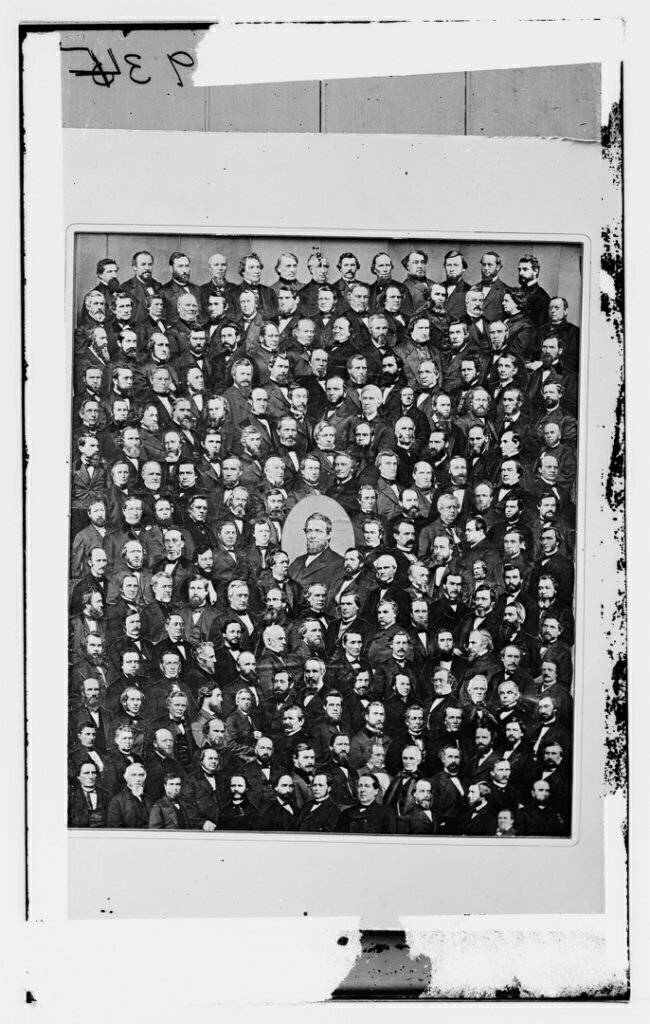
The 38th Congress met during the second half of the Civil War. Members represented states in the North, border states that did not leave the Union, and two new states: West Virginia and Nevada.
- January 31, 1865
- 38th Congress
- Final Amendment
Section One
Neither slavery nor involuntary servitude,
except as a punishment for crime whereof the party shall have been duly convicted,
shall exist within the United States, or any place subject to their jurisdiction.
Section Two
Congress shall have power to enforce this article by appropriate legislation.
Select a document
13th Amendment Final Text
By passing the 13th Amendment, the Reconstruction Republicans achieved something that would have been unimaginable before the Civil War—immediate, uncompensated emancipation. The Senate passed the amendment in April 1864 (38-6), but it failed in the House that June. The House later passed it (119-56), and it was sent to the states for ratification. Upon its adoption, all enslaved persons were freed, and their former owners were not entitled to any compensation.

The 38th Congress met during the second half of the Civil War. Members represented states in the North, border states that did not leave the Union, and two new states: West Virginia and Nevada.
- January 31, 1865
- 38th Congress
- Final Amendment
Section One
Neither slavery nor involuntary servitude,
except as a punishment for crime whereof the party shall have been duly convicted,
shall exist within the United States, or any place subject to their jurisdiction.
Section Two
Congress shall have power to enforce this article by appropriate legislation.
Analyze provisions from this text
Select a provision to learn more about the language and its implications.
Select a document
13th Amendment Final Text
By passing the 13th Amendment, the Reconstruction Republicans achieved something that would have been unimaginable before the Civil War—immediate, uncompensated emancipation. The Senate passed the amendment in April 1864 (38-6), but it failed in the House that June. The House later passed it (119-56), and it was sent to the states for ratification. Upon its adoption, all enslaved persons were freed, and their former owners were not entitled to any compensation.

The 38th Congress met during the second half of the Civil War. Members represented states in the North, border states that did not leave the Union, and two new states: West Virginia and Nevada.
Select a document
Select a document to learn more about how it changed over time
Select a provision to learn more what’s changed
- January 31, 1865
- 38th Congress
- Final Amendment
Section One
Neither slavery nor involuntary servitude,
except as a punishment for crime whereof the party shall have been duly convicted,
shall exist within the United States, or any place subject to their jurisdiction.
Section Two
Congress shall have power to enforce this article by appropriate legislation.





